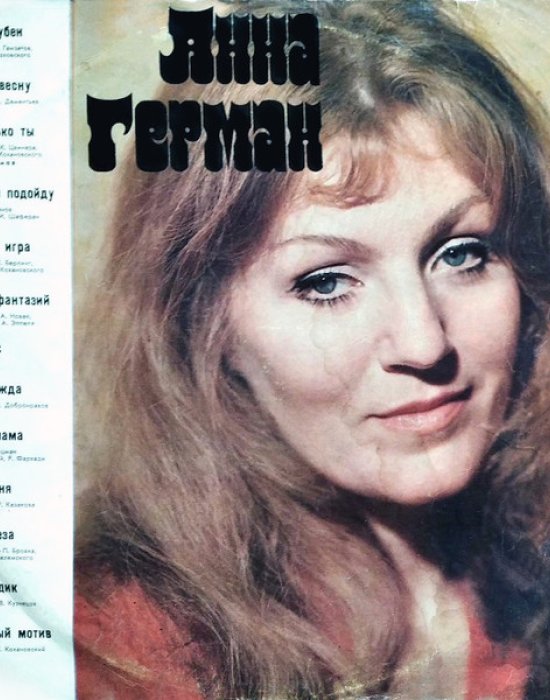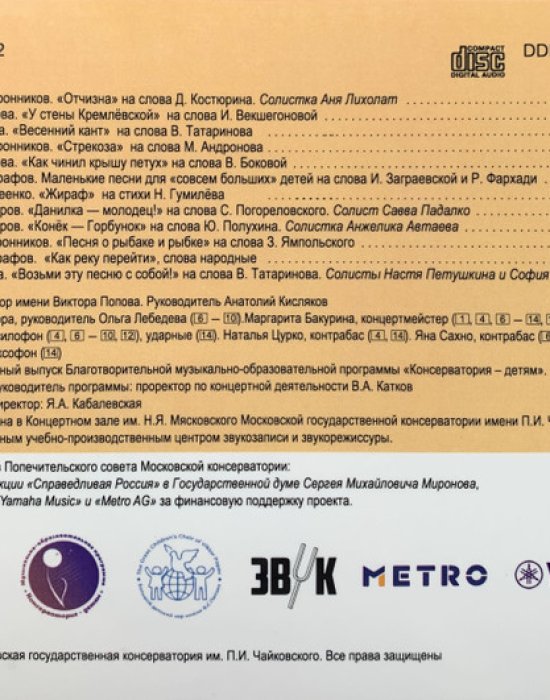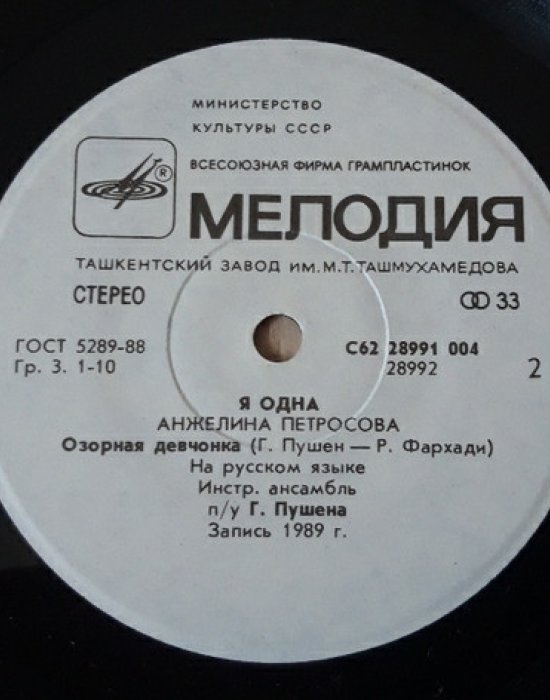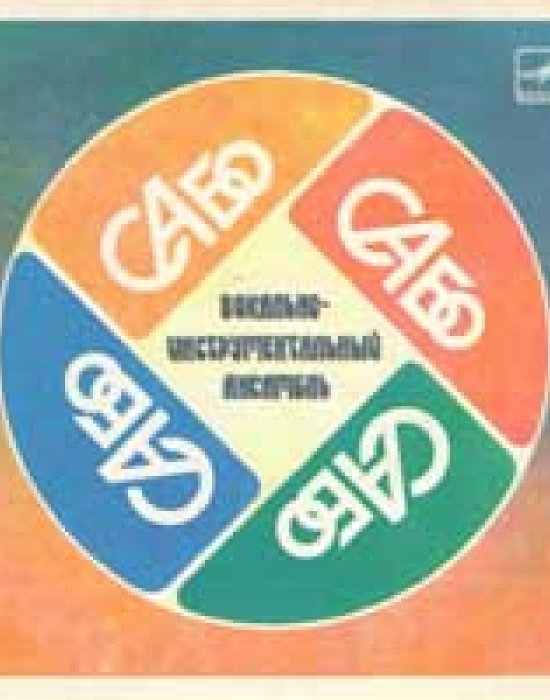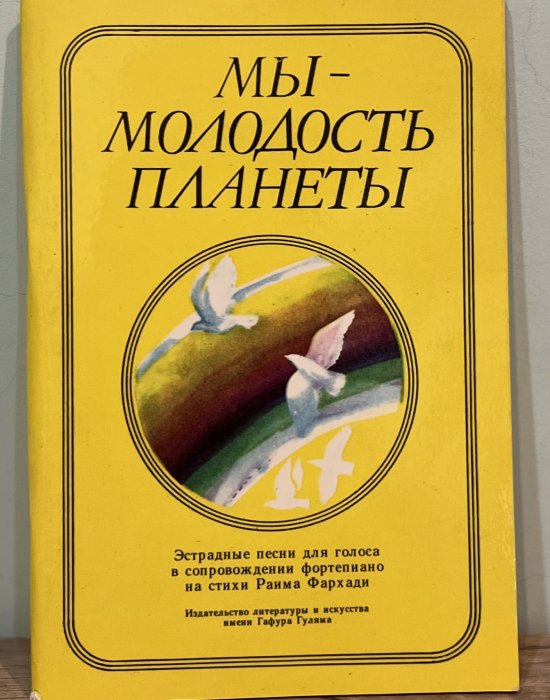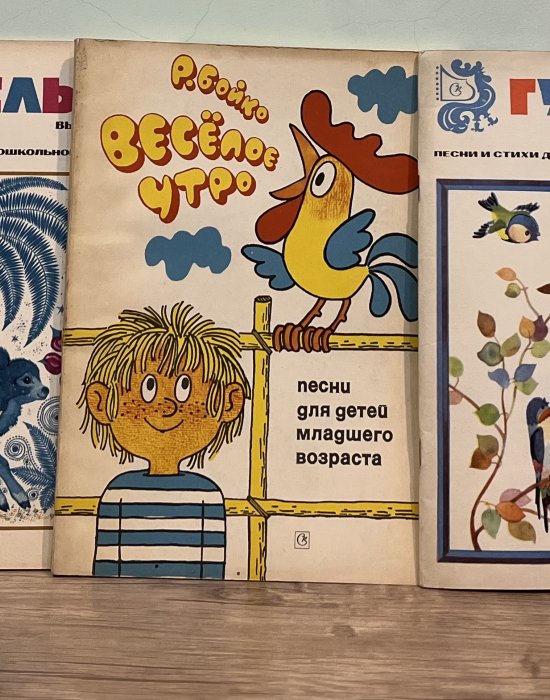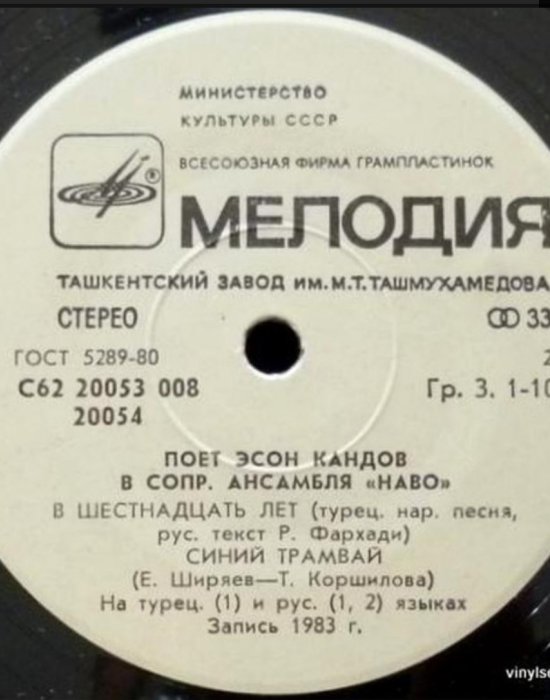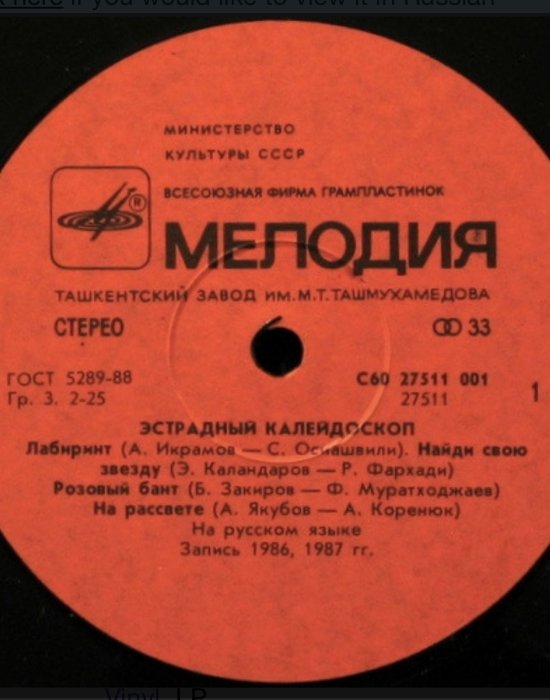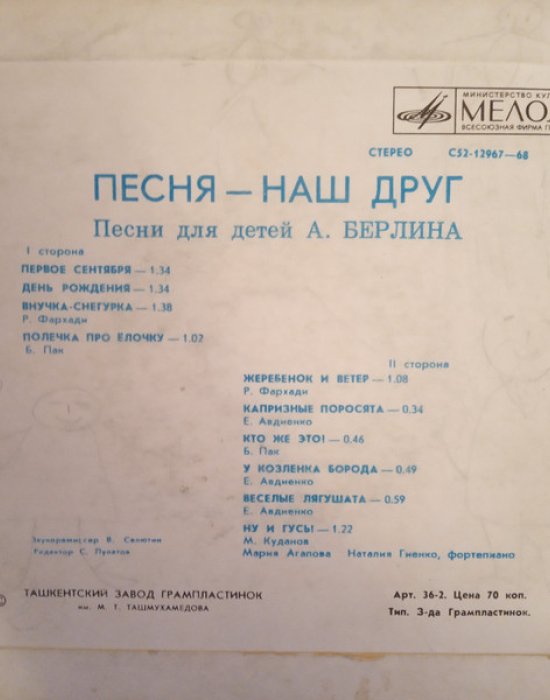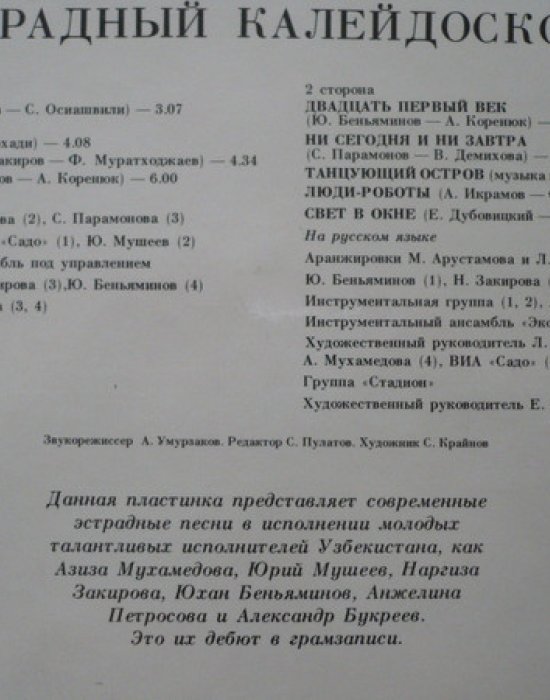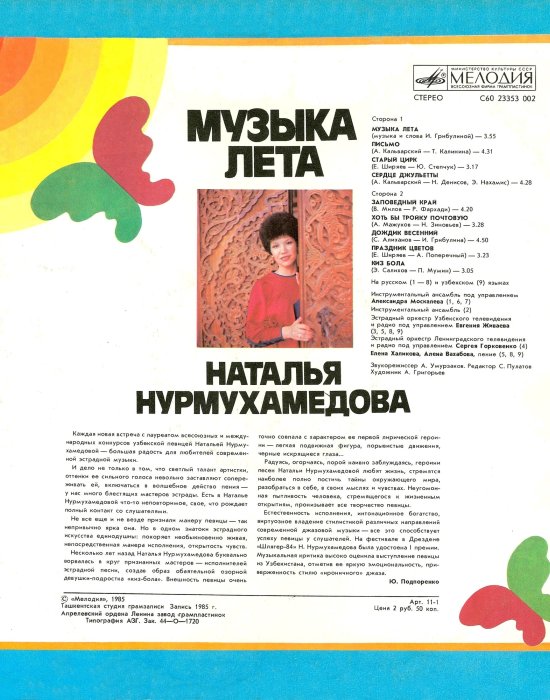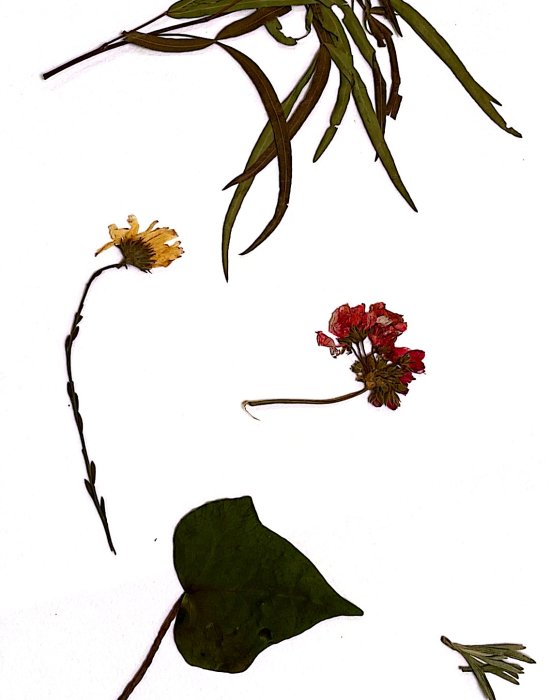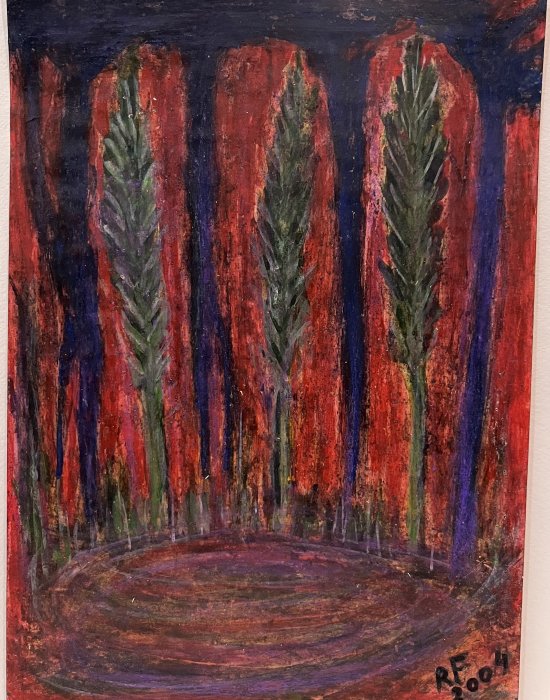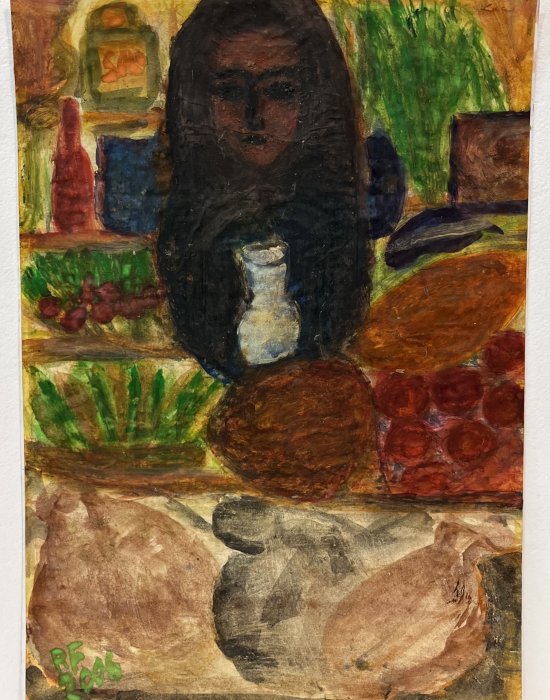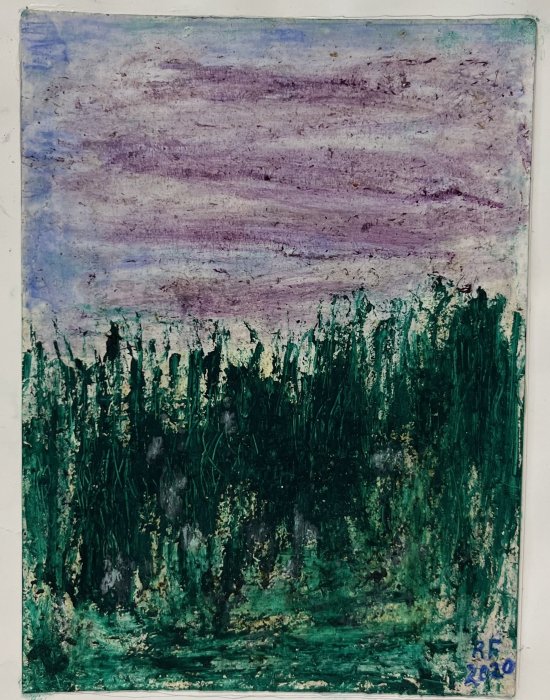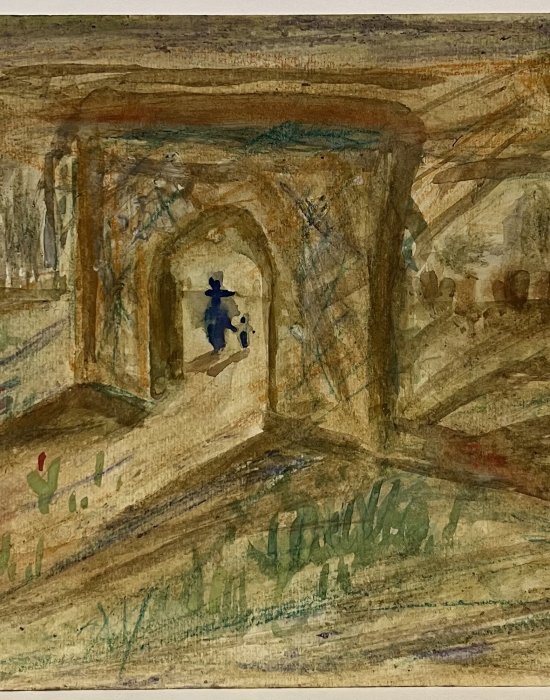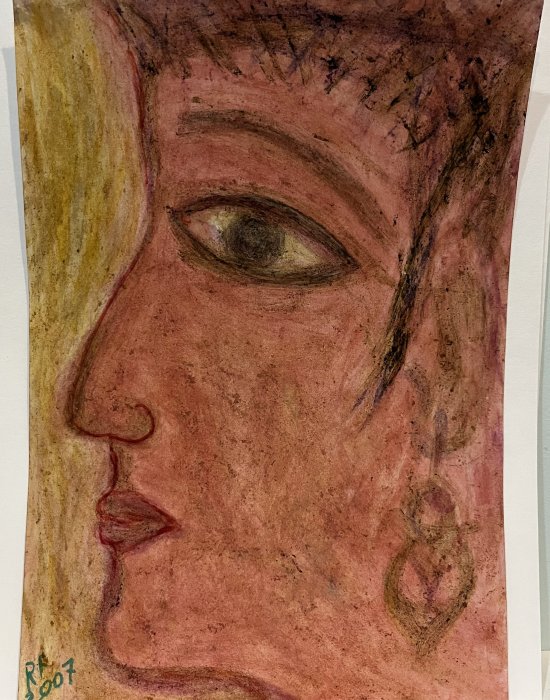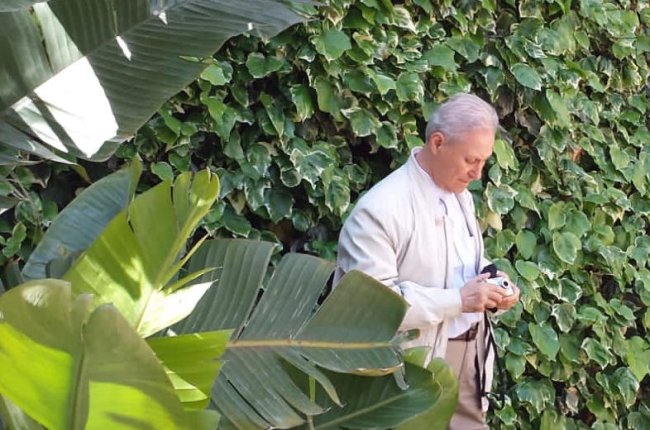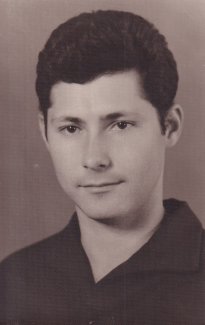
Raim Hakimzoda (Khakimovich) Farkhadi, a classic of Soviet and Uzbek literature, was born on May 16, 1942, in the Bagishamal district of Samarkand (then part of the Uzbek SSR, Soviet Union — now Uzbekistan). He was a poet, writer, playwright, journalist, translator, environmental educator, artist, and physician — a truly multifaceted individual. His ancestry included military leaders and diplomats, and he was raised in a scholarly family of renowned medical professionals. Raim grew up alongside his sister Sofia and half-brother Halit.
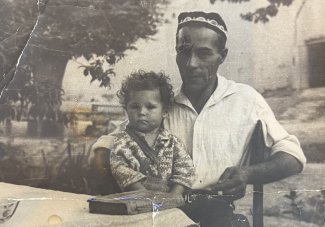
FAMILY ROOTS
Raim’s father, Abdukhakim Farkhadi (1899–1956), was a graduate of the Samarkand Gymnasium and later of the medical faculty at Moscow State University. He worked in the laboratory of the renowned academician Ivan Pavlov. Upon learning that a medical institute was to be established in Samarkand, he immediately returned to his hometown to assist in its founding, becoming one of the key contributors of the Samarkand Medical Institute. Abdukhakim Raimovich was fluent in both Eastern and Western languages and headed the Department of Pathophysiology, where he conducted groundbreaking experiments aimed at diagnosing and treating various diseases. He was also a mentor to the institute’s first generation of students.
A Major in the Medical Service, he took part in WWII (Great Patriotic War).
In addition to his scientific work in medicine, he cultivated apricots, pears, and peaches in his own Bagishamal garden, focusing on selective breeding of fruit trees.
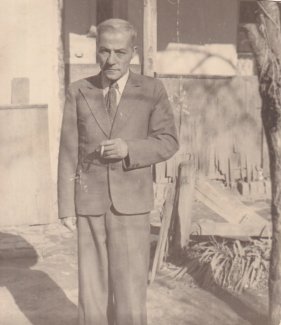
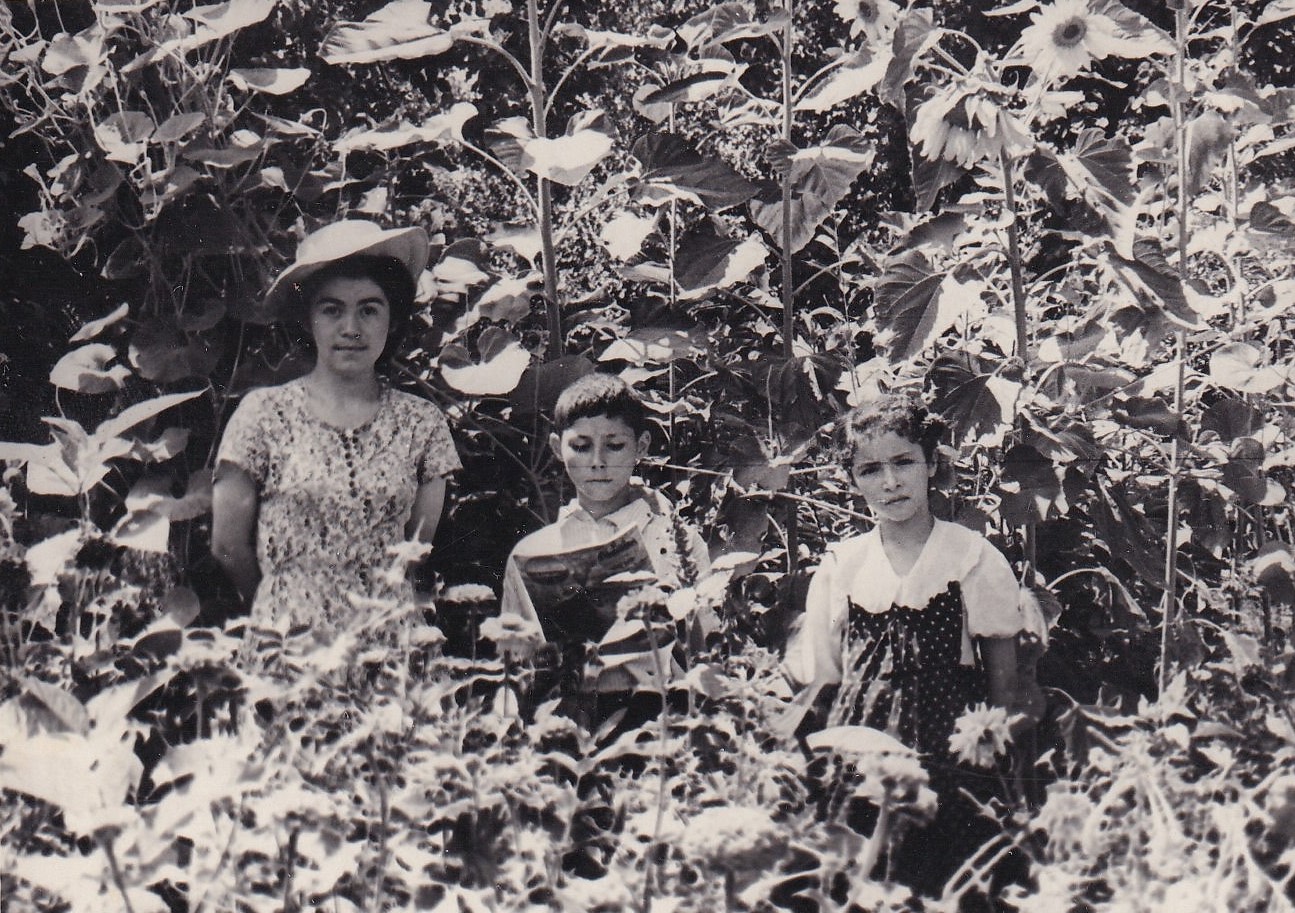
"I remember from childhood our little clay house in Samarkand, with its worn-out roof—also made of clay. In spring, wild grasses would grow lush and thick on it, and red poppies and bluebells would bloom. From there, the shimmering turquoise monuments of Samarkand were clearly visible: Registan, Bibi-Khanym, Gur-Emir, and others. It felt as if a wondrous caravan was moving in the distance…
My father came back from the front wounded all over. He could barely walk, yet he found joy, despite the pain, in tending the garden. From the age of three, I was taught to care for the soil and to treat all living, growing things with tenderness. It was his love for gardens that saved my father’s life. During the war, the train taking him to the front stopped at some remote station. He spotted a Michurin orchard of apple trees and jumped off the train to get a closer look at their astonishing beauty. Just then, the train was bombed. Many were killed—but my father survived. It was the gardens that saved him."
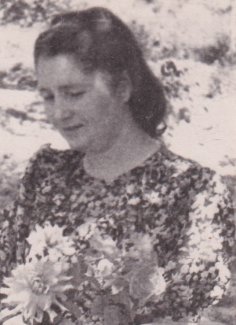
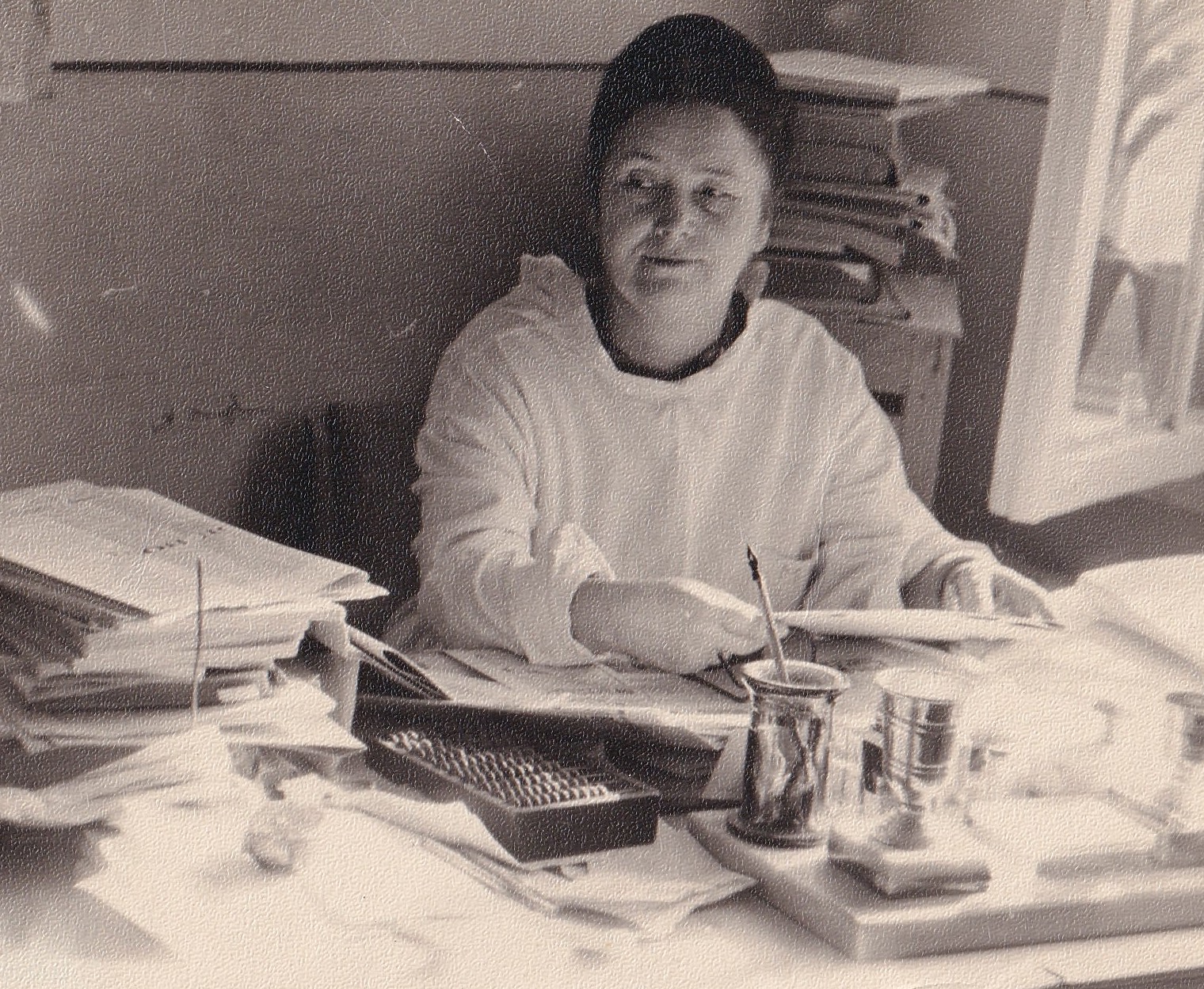
Raim’s mother, Mundzhiya (Maryam) Kayumovna Rakhimova (1914–1993), initially graduated from the Michurinsk Technical School as a horticulturist. Later, she completed medical school, served as a doctor in a military hospital, and eventually became the head of the Department of Physiology at the Samarkand Medical Institute. She was an exceptional lecturer who taught her classes in Uzbek and became a vital bridge to modern medical science for students who did not speak Russian. Many of the students she mentored through academic clubs later became prominent medical scientists.
"My mother was a woman of great kindness and wisdom. She had a deep connection with flowers, and somehow, as if by magic, she always made sure that a flower would bloom just in time for someone’s birthday in the family. She knew how to make a marvellous “Napoleon” cake—a true culinary masterpiece of the finest, paper-thin layers.
Those postwar years were hard, a time of constant scarcity. But from just a handful of ingredients, my mother could conjure a feast. The joy she gave to all of us still warms my heart to this day.
She’s long gone, but I always feel as though she’s nearby. When the clouds part after the rain, it seems as if she’s sending me her warmth and smile through that bright little window in the sky.
The shoots and stems of the flowers she planted would take root in no time. Every windowsill in our home was filled with her botanical fantasies. She grew dahlias of breathtaking beauty. Despite all of life’s hardships, she filled the house with her quiet optimism and soulful presence."

EARLY LIFE AND EDUCATION
From an early age, Raim Farkhadi was captivated by poetry. He was especially enchanted by the fairy tales of Pushkin and One Thousand and One Nights. These stories were told by Gulya, Raim’s cousin.
He began composing his first verses even before starting school, before he had learned the alphabet—simply by stringing words together. His parents noticed that, as a preschooler, Raim would run along the three-layered clay wall surrounding their garden, always murmuring something to himself, making up little verses as he gathered snails in the bean and pea thickets. Much of what he created then has long been forgotten, but these lines, like a kind of celestial code, have stayed with him to this day:
Ay, luli, little goose,
Goose of the misty moor.
What a lovely sight to see,
The cow’s beauty—and more!
"There was a solid reason behind this preschool poem: as a reward for her diligent work, his mother was given a wonderful gift—a sweet little red calf, who soon grew into a large cow that provided the family with the most nourishing gift of all—milk."
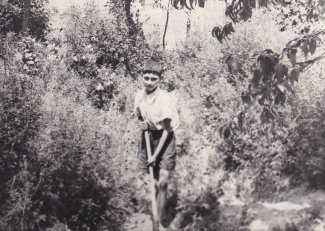
Raim Farkhadi once recalled his childhood:
"Of course, my father’s health, after returning from the war, was severely weakened. And in my early childhood, I helped my mother care for him through his serious illness. But that period was remarkable in its own way. A new era was beginning. The surviving members of the national intelligentsia were returning from Siberian labor camps. Remarkable people began visiting our home to see my father.
One day, he called me over and asked me to read my early poetic attempts to the guests—one of whom was the prominent literary critic Vadud Mahmud. Exiled to the GULAG, he had spent 25 years mining for gold in Magadan. After listening to my poems—which I had begun writing at the age of eight or nine—our distinguished guest said half-jokingly: 'Well then, perhaps he’ll turn out to be our own Lermontov!'"
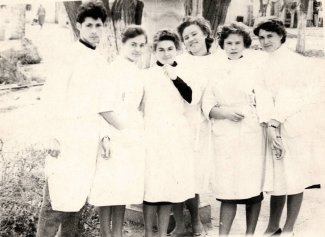
In 1965, following in his parents’ footsteps, Raim Farkhadi graduated with honors from the Samarkand Medical Institute named after Pavlov. He briefly worked as a physician in one of Samarkand’s hospitals and also taught history of medicine at the institute.
But his love for poetry proved stronger than medicine—it completely captivated him.
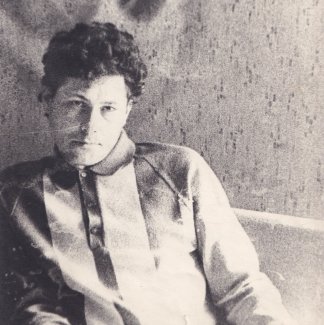
He published his first poem in 1961 in the regional newspaper Leninsky Put, and later that same year, a selection of his poems titled To the Stars appeared in Komsomolskaya Pravda newspaper.
By then, Raim was already known in poetic circles. In 1963, he took part in the Decade of Russian Literature and Art in Uzbek SSR. He also participated in the Republican Seminar of Young Writers (1962, 1965) and the All-Union Festival of Young Poetry in Chișinău in 1967.
His work began appearing in leading publications such as Yunost, Molodaya Gvardiya, Ogonyok, Komsomolskaya Pravda, and a number of others. Thanks to his charisma and growing literary authority, Farkhadi soon became a prominent figure among Samarkand’s youth, often invited to readings, cultural evenings, and literary gatherings. Eventually, he was invited to the Central Committee of the Komsomol in Tashkent to share his poetry with a broader audience. From that moment on, the young poet from Samarkand would make Tashkent his home.
In 1973, he graduated from the Higher Literary Courses at the Maxim Gorky Literature Institute in Moscow. He studied under Aleksandr Petrovich Mezhirov, who led a poetry seminar (poetry workshop) at the Higher Literary Courses (VLK) at the Literature Institute.
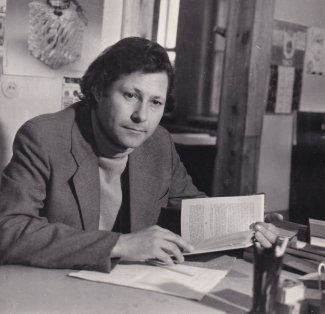
CREATIVE PATH
Raim Farkhadi’s literary legacy is rich and multifaceted, finding expression across a wide range of genres: poetry for both adults and children, prose, plays, screenplays, and song lyrics.
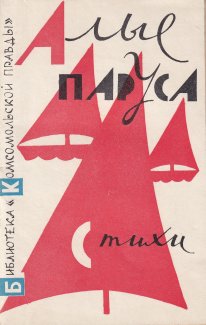

Raim Farkhadi’s literary debut came in 1961, when his poem about the first manned spaceflight was selected from 14,000 entries submitted from across the Soviet republics. It was published in the Scarlet Sails poetry compilation, which featured 50 winning poems as part of a competition organized by the newspaper Komsomolskaya Pravda:
This is only the beginning,
And there will be no end:
From Earth’s quiet harbor,
Hearts begin to ascend...
Raim Farkhadi, Samarkand 1961
Student of Medical Institute
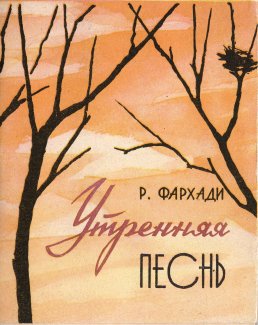
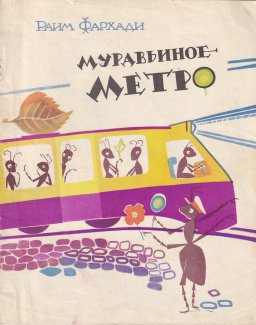
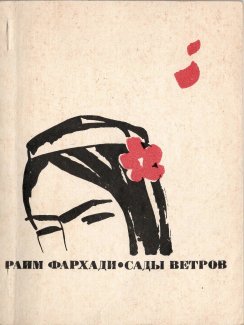
Literary Legacy
In 1964, the Tashkent-based publishing house Yosh Gvardiya published his first poetry collection, Morning Song. In 1966, the same publisher released his children’s poems in the book Ant Metro. His third book, Gardens of the Winds, was published in 1967 by Molodaya Gvardiya in Moscow.
In 1968, he wrote the poem The Flame of Vietnam. The book The Dreamer was published in 1969 in Tashkent, followed by The Frescoes of Afrasiab in 1970 — a work dedicated to the 2500th anniversary of Samarkand.
Later came a series of books for adults: Kindness (Tashkent, 1972), The Blue City (Tashkent, 1974), Borders of the Heart (Tashkent, 1976), Ballad of the Gray Spring (Moscow, 1977), The Fiery Singer of the Revolution (Tashkent, 1979), Bird of Joy — Bird of Sorrow (Tashkent, 1979), Grass Grows Through the Snow of Legends (Tashkent, 1981), Street of Lovers (Tashkent, 1982), The Tree of Joy and Sorrow (Moscow, 1990), Island of Poems (London, 2017), and others — including books for children, such as: The Cheerful Trolleybus (Tashkent, 1971), Who Painted the Rainbow? (Moscow, 1973), The Magic Window (Tashkent, 1974), Aunt Varvara (Moscow, 1976), The Foal and the Wind (Tashkent, 1976), Morning at the Zoo (Tashkent, 1977 and Almaty, 1981), Five Cherry Pits (Moscow, 1978), Shine, Sun! (Tashkent, 1979; also published in Chisinau, 1983; and Tallinn, 1984), The Twenty-Wheeled Bicycle (Moscow, 1980), The Stubborn Donkey Karakuz, a fairy tale-novella (Tashkent, 1981; translated and published in India and Czechoslovakia in 1987), The Pharmacy Gnome (Tashkent, 1983), The Bear Cub’s Dream (Uzbek, Russian; Tashkent, 1984), Nur va Shokhdukhtar Pakhta-Khonum (Dushanbe, 1984), The Magic Tree (Tashkent, 1984), Children of the Whole Earth (Tashkent, 1985), Be Brave, Black-Ear (Tashkent, 1986), Let’s Be Friends (Tashkent, 1987), The Holiday (Tashkent, 1987), and Our Ozone Umbrella (Uzbek, Russian, English; Tashkent, 2001).
A series of ten books for early school-age children (Tashkent, 2005): Ten Good Deeds, Let’s Read and Play, I Know These Letters — They’re All My Friends, The Little Green Camel, The Turtle and the Boastful Hare, The Wisdom of Nature, Who Looks Like Whom?, Be Healthy, The Trickster and the Simpleton, The Enchanted Flute.
Later publications include: About the Baby Elephant Whose Ears Turned Red (Tashkent, 2005), What Kinds of Snow Exist? (Tashkent, 2006), Steps to Health and Happiness (Tashkent, 2006), Chippi — The Chick from Our Yard (Tashkent, 2008), The New Year Masquerade (Tashkent, 2008), The Storkling’s Alphabet (Tashkent, 2009), Riddles from the Garden Bed (Tashkent, 2009), A Christmas Tree for the Little Tiger (Tashkent, 2010), The Stork’s Song, Holidays of the Motherland, Holidays of Childhood (Tashkent, 2010), About Bear Cub Tyapka and His Friends (Tashkent, 2010), If You Ever Meet a Wizard (Tashkent, 2010), Heavenly Stars, Earthly Stars (Tashkent, 2011), Climate Change Through the Eyes of Children (Tashkent, 2011), Come to the Circus, Friends! (Tashkent, 2011), Hello, Children! (Tashkent, 2011), The Cheerful Alphabet (Tashkent, 2012), The Little Saiga from the “Red Book” (Tashkent, 2012), The Chemical Universe (Tashkent, 2013), A New Fairy Tale About Little Red Riding Hood (Tashkent, 2016), The Talking Parrot’s Alphabet (Tashkent, 2016), Walks Through the Zoo, or Lessons on How to Protect Biodiversity (Tashkent, 2017), The Musician Boy (Seoul, in Korean, Russian, and English; 2017), The Sun of Childhood (Tashkent, 2021), The Elephant-Bus (Tashkent, 2022), The Sunny Flute (Tashkent, 2024), and Our Wonderful World (Tashkent, 2024).
A series of five books — “Our Great Ancestors”: Amir Temur, Mirzo Ulughbek, Ibn Sina, Alisher Navoi, and Zulfiya (Tashkent, 2024).
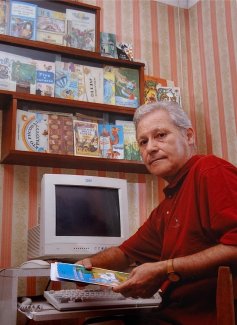
Over the course of more than 60 years of creative work, Raim Farkhadi wrote over 60 books for children and adults.
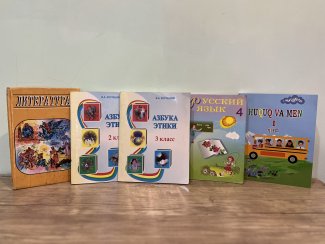
His works have been included in the Russian language and literature curriculum in both Russian and Uzbek schools, featured in more than 20 textbooks, alphabet books, and curated collections for students in Uzbekistan and other countries.

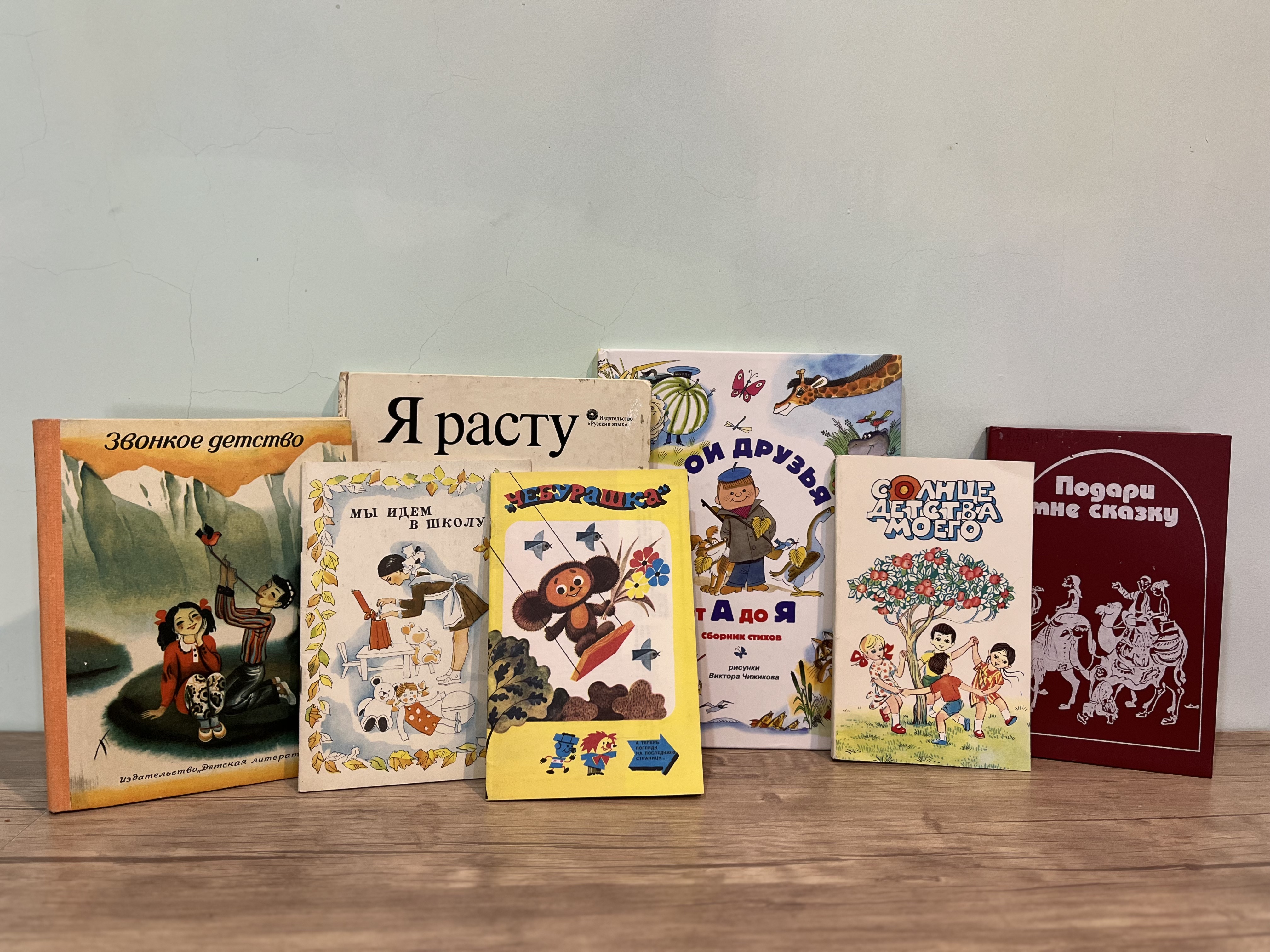
LITERARY TRANSLATIONS
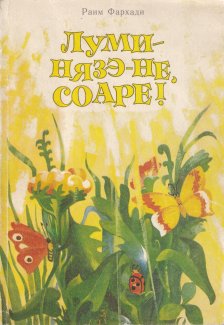

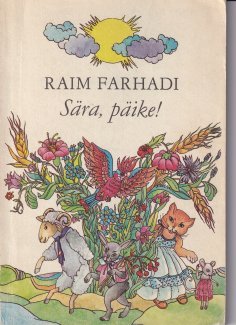
Raim Farkhadi’s works have been translated across the former Soviet republics and abroad, and published as standalone books in Kazakh, Tajik, Moldovan, Estonian, Czech, Armenian, Hindi, Korean, and several other languages.
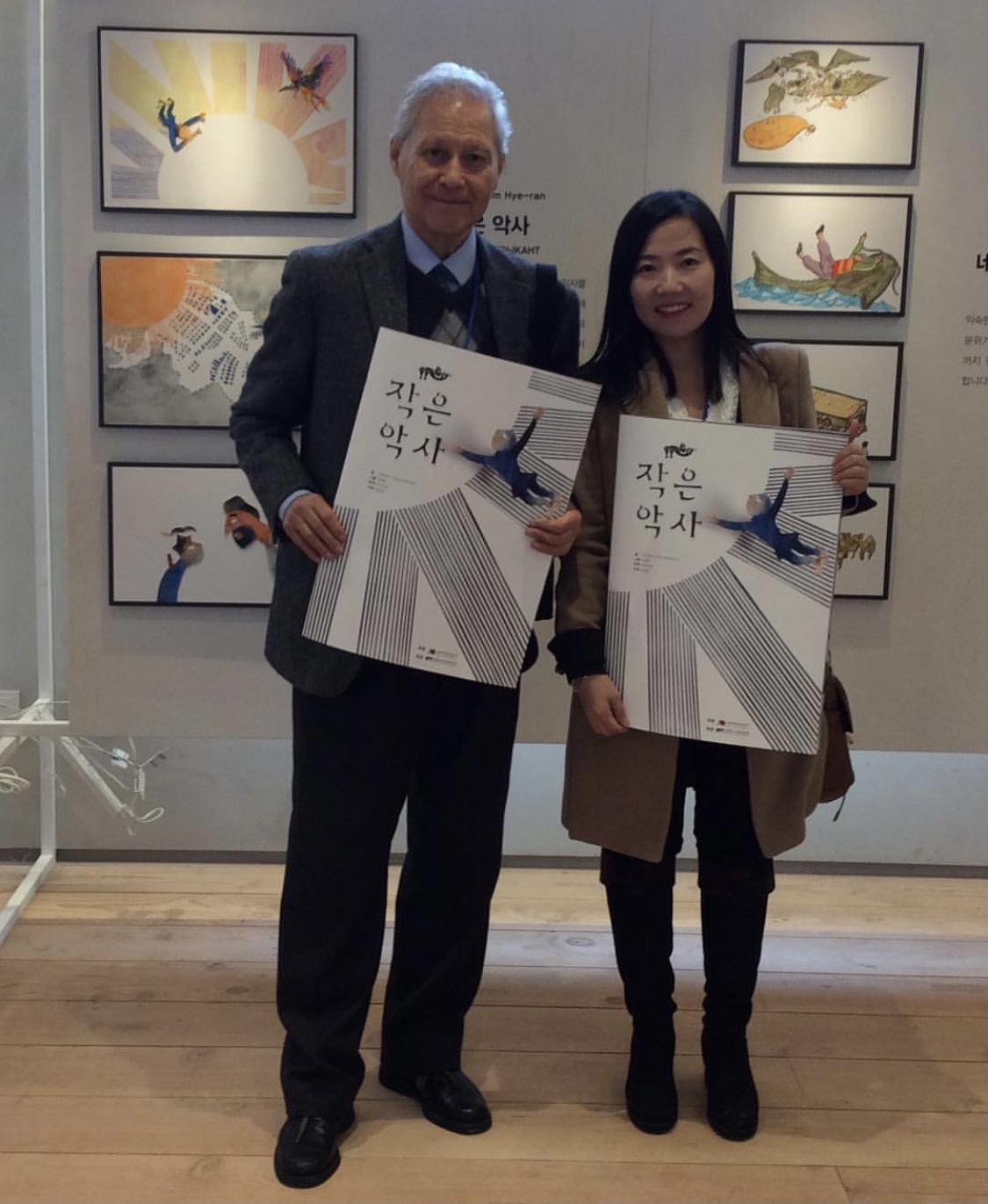
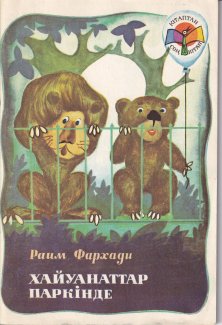
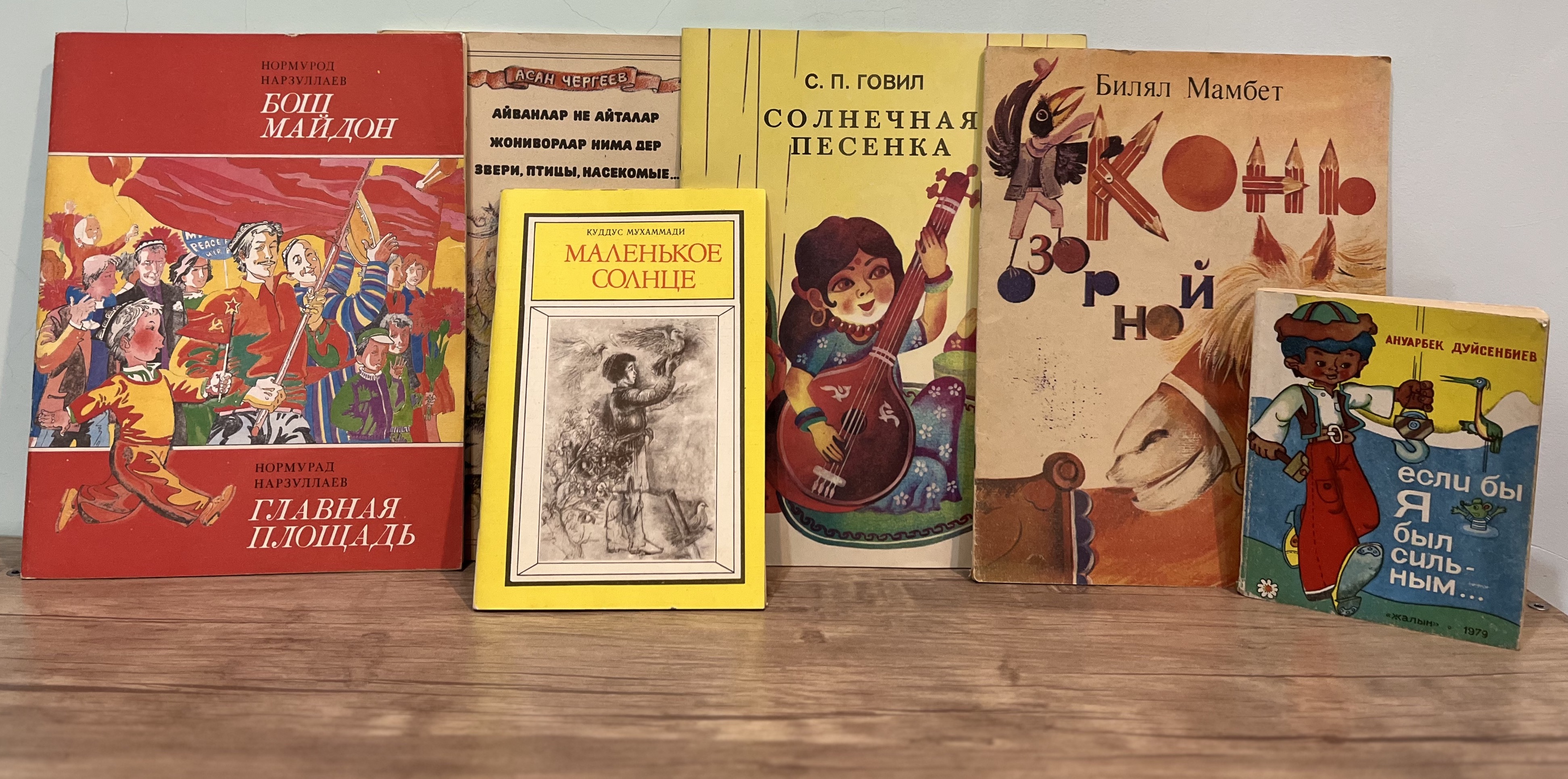
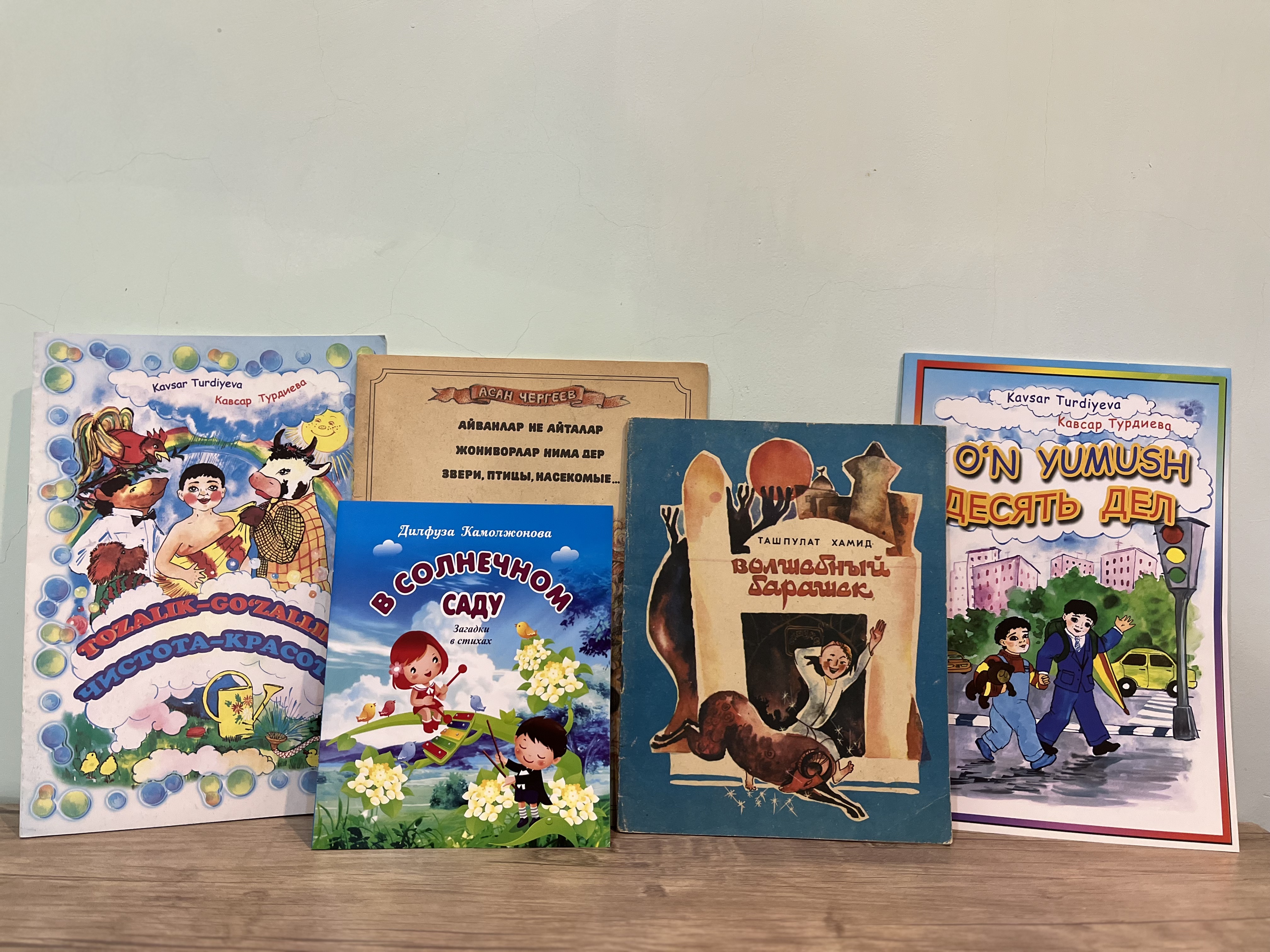
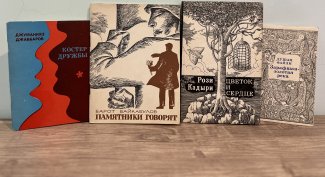
Raim Farkhadi was also a gifted translator. He translated the works of Ibn Sina (Avicenna), Alisher Navoi’s lyrical miniatures, and the poetry of Omar Khayyam, Zahiriddin Muhammad Babur, Boborahim Mashrab, Pahlavan Mahmud, Ahmad Yassawi, and others. His translations extended to modern Uzbek poets such as Hamid Gulyam, Uigun, Zulfiya, Abdulla Oripov, Erkin Vakhidov, Aman Matchan, Normurod Narzullaev, Barot Baikabulov, Tashpulat Khamid, Khusnitdin Sharipov, Amon Mukhtarov, Oydin Khodzhieva and many others.
He also translated authors from Karakalpakstan, Azerbaijan, Kazakhstan, Tajikistan, Ukraine, and beyond — building literary bridges across cultures and generations.
PROFESSIONAL CAREER
1960 - 2024
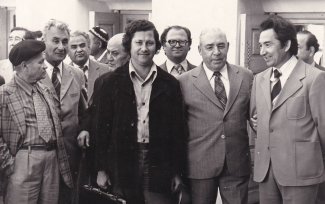
-
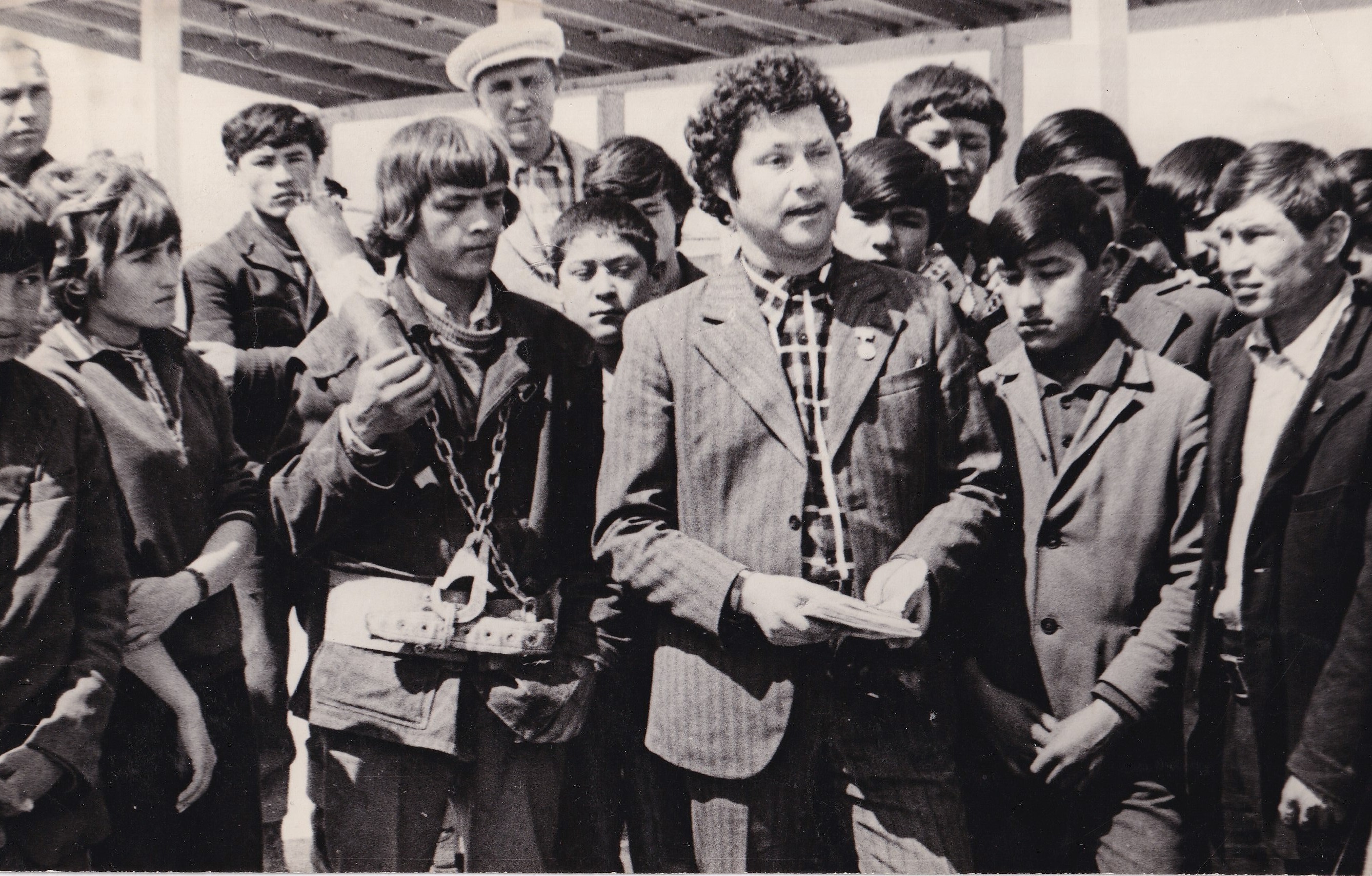
From 1967 to 1969, Raim Farkhadi served in a senior role at the Central Committee of the Komsomol of Uzbekistan, where he was elected as a candidate for membership in the republic’s Komsomol Central Committee.
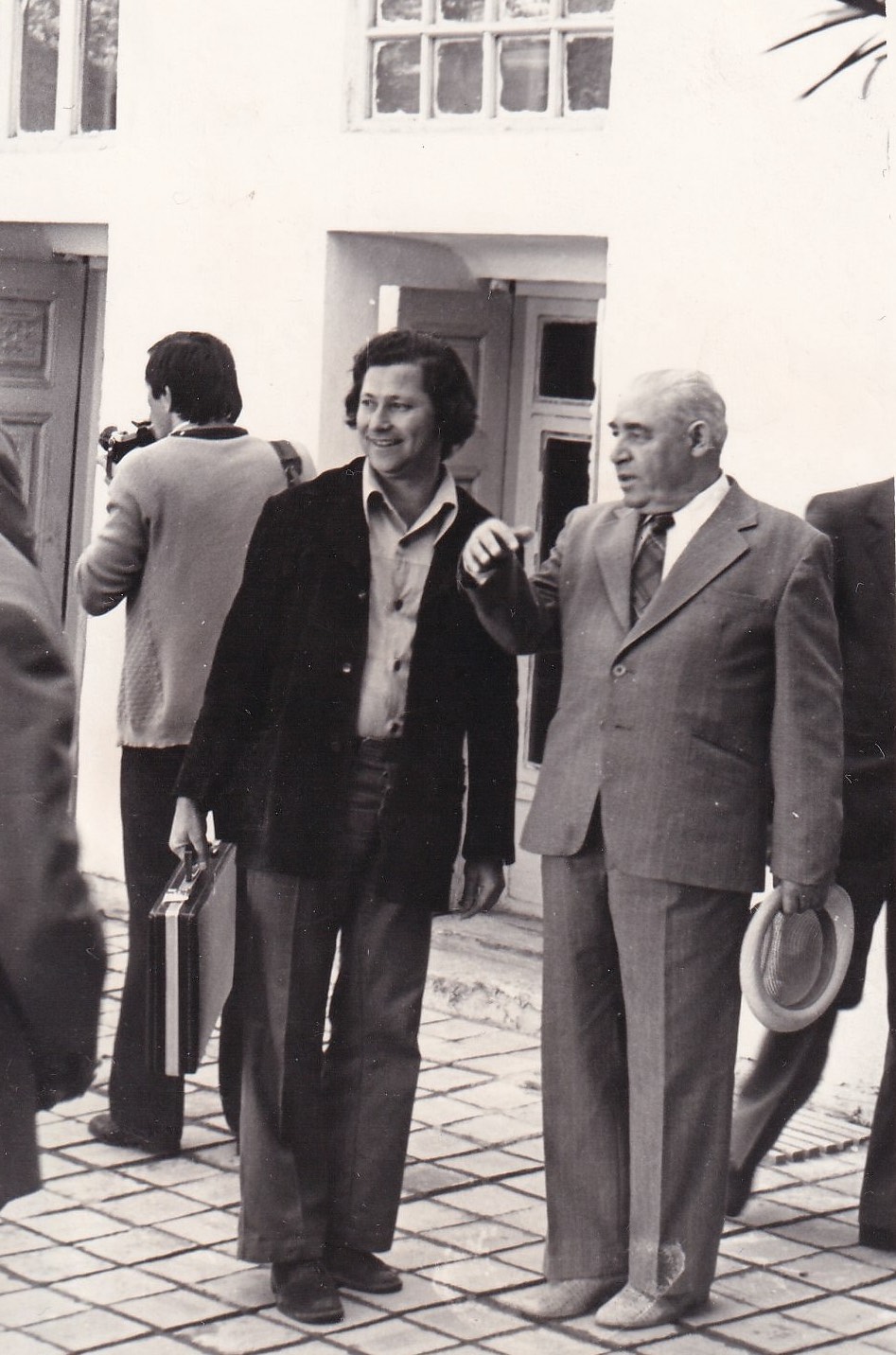
At the end of the 1960-s, he served as deputy editor and later as head of the poetry department at the editorial office of the republican magazine Zvezda Vostoka (The Star of the East).
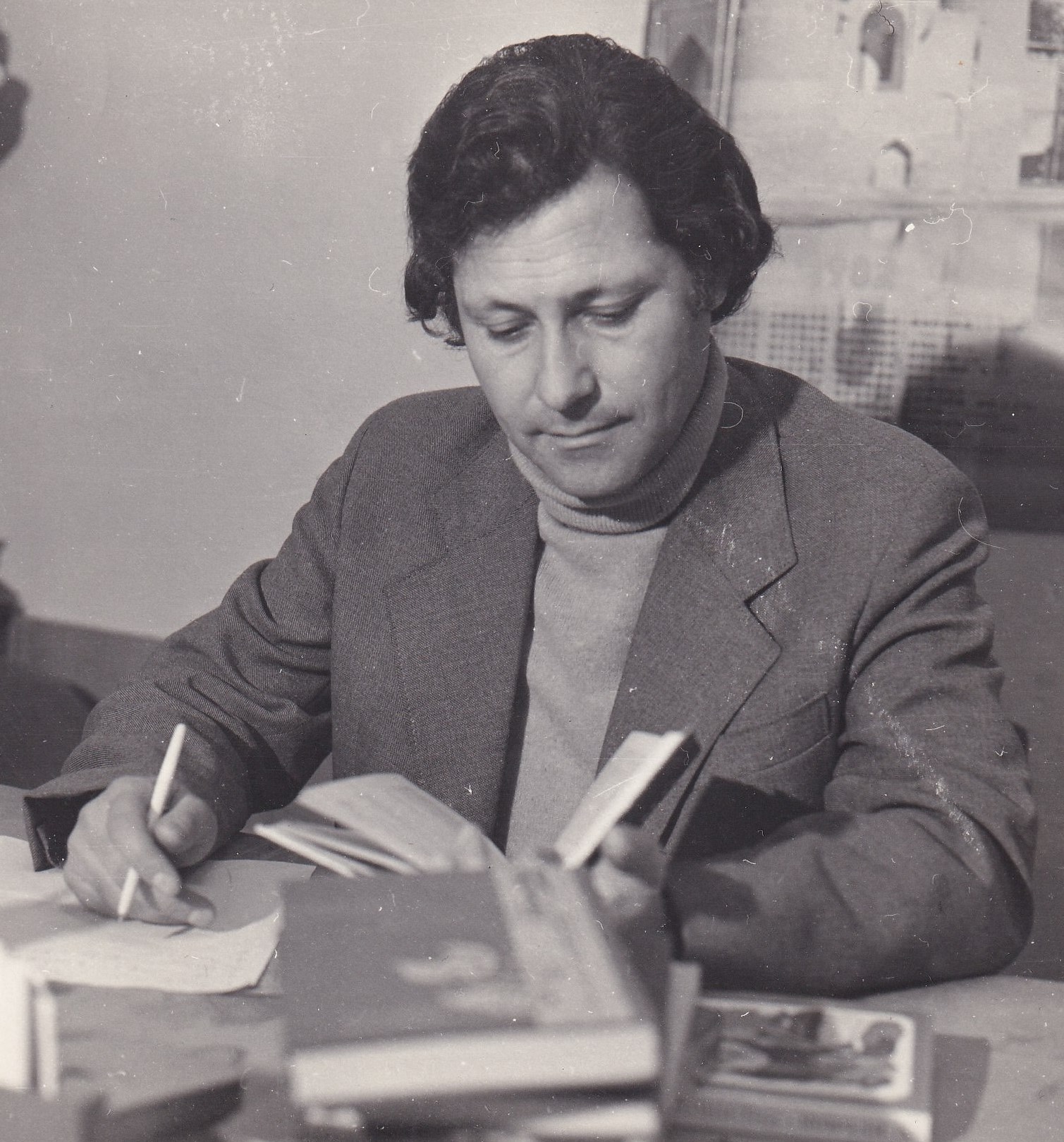
In the 1970s, Raim Farkhadi worked as Deputy Editor-in-Chief at the Gafur Gulyam Publishing House of Literature and Art. He was also a member of the editorial board of the magazine Zvezda Vostoka (The Star of the East).
-
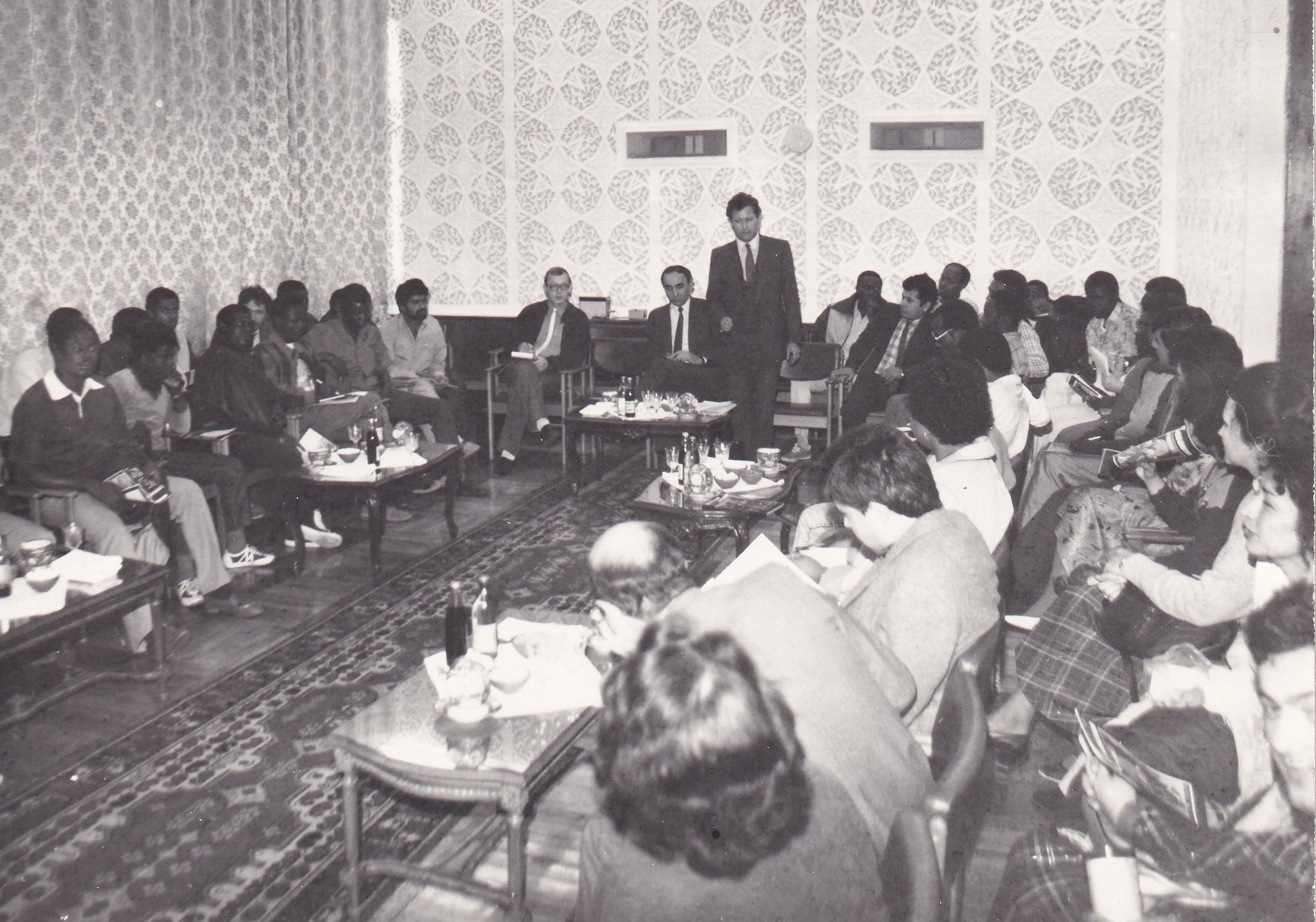
In the 1980s, Raim Farkhadi was elected Chairman of the Youth Commission for the Development of International Relations and the Strengthening of Friendship between Uzbek youth and young people from other countries. The commission operated under the Society for Friendship and Cultural Relations with Foreign Countries.
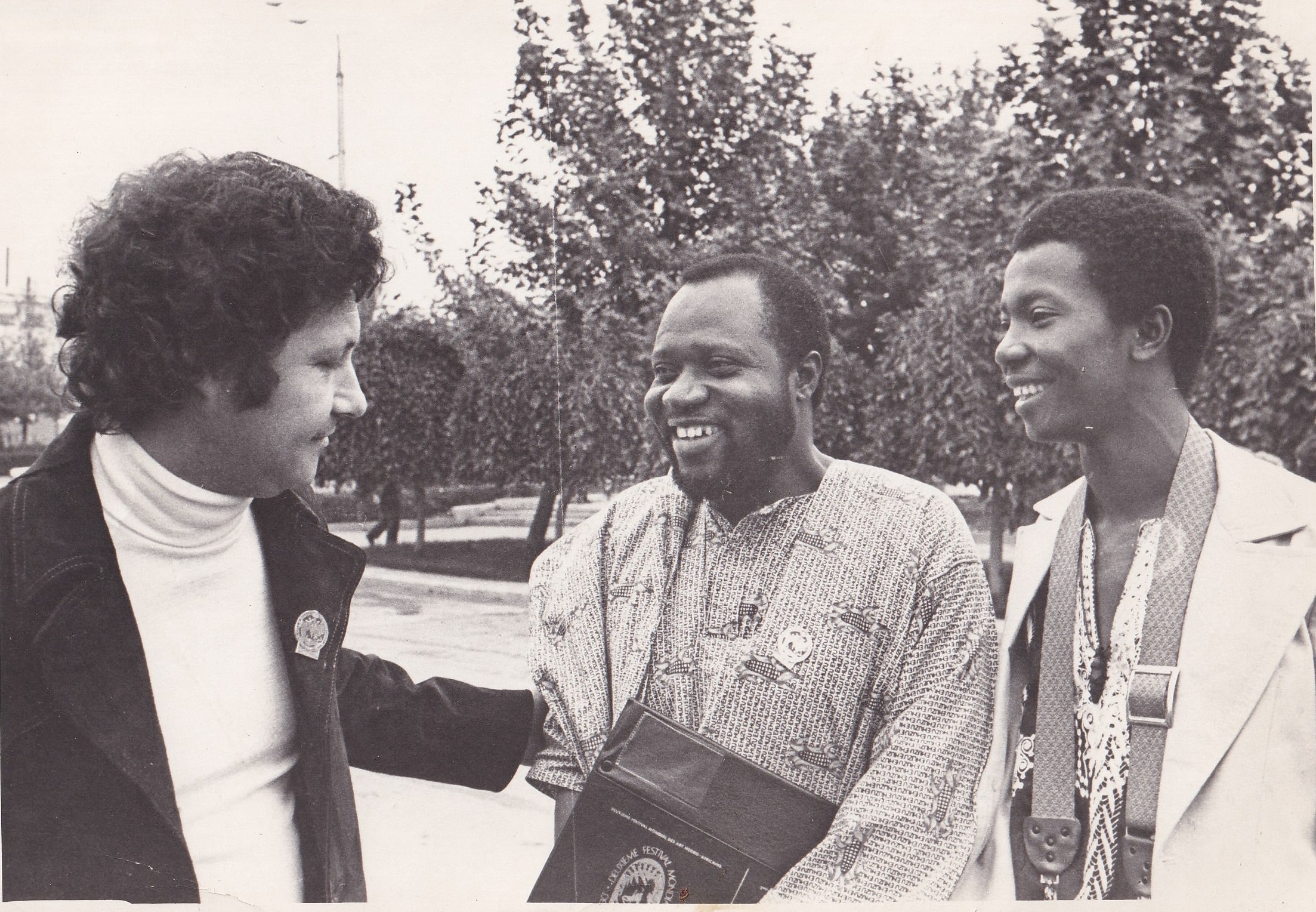
In the late 1980s, Raim Farkhadi was an active member of the Soviet Cultural Foundation for several years. The foundation operated under the esteemed patronage of Raisa Gorbacheva and academician Dmitry Likhachev, and focused on the preservation and promotion of cultural heritage, arts, and humanitarian values across the Soviet Union.
-
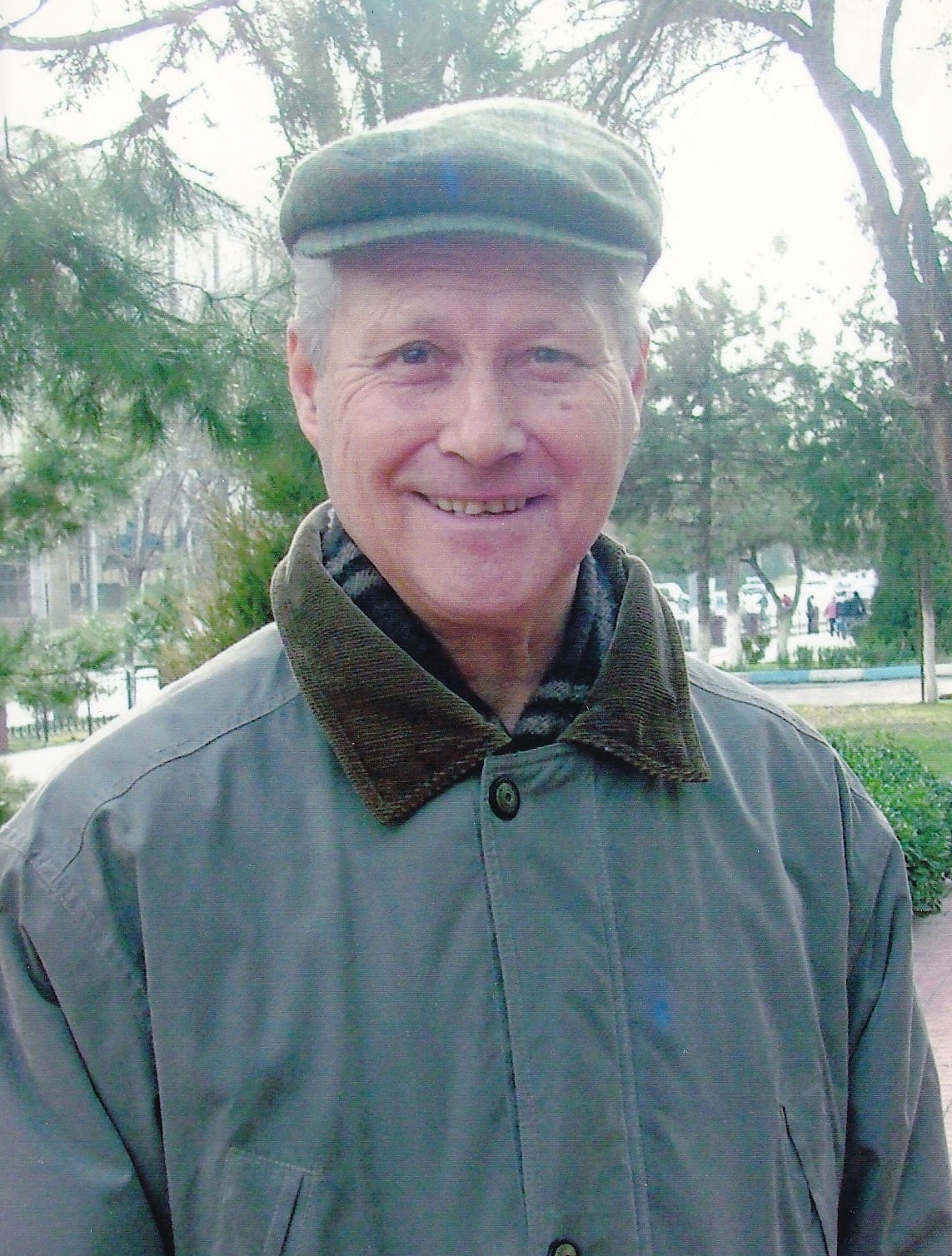
In the 1990s, Raim Farkhadi served as the culture editor at Narodnoe Slovo (People's Word) — one of the country’s leading newspapers. It was a time of rich and dynamic creative activity: he prepared numerous articles and interviews covering the cultural landscape of both Uzbekistan and the wider world.
His publications addressed key social, cultural, and historical moments of the era. With a keen eye for detail and a deep respect for cultural dialogue, Farkhadi wrote about significant events as well as figures in the fields of art, literature, cinema, music, and other areas of culture.
-
For several years leading up to 2002, he worked as a leading consultant in the field of culture and public relations in the Administration of the President of the Republic of Uzbekistan.
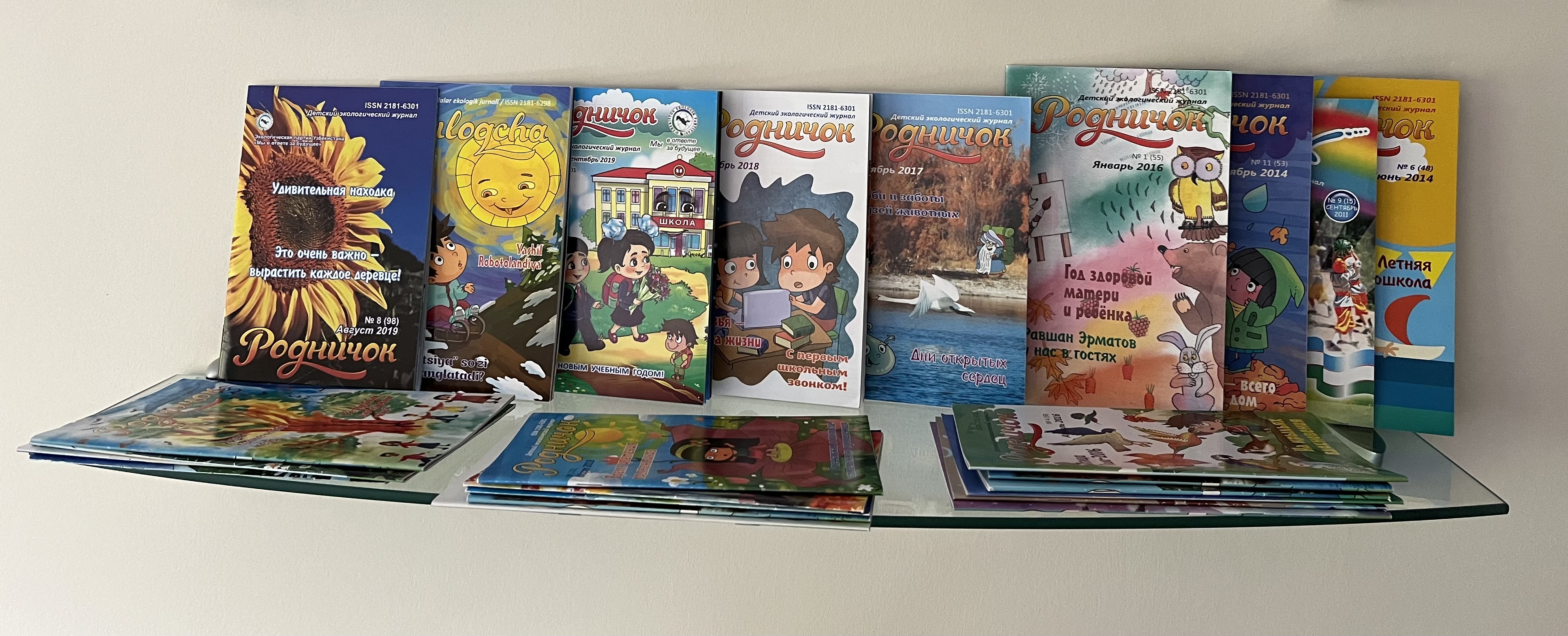
Raim Farkhadi was one of the initiators, chief editor, and lead author of Uzbekistan’s first ecological magazine for children, Rodnichok (Bulokcha, eng.Spring), which was published in both Russian and Uzbek from 2009 to 2021. With a circulation of 8,000 copies, the magazine was supported by the Ecological Movement of Uzbekistan, the State Committee for Ecology and Environmental Protection of the Republic of Uzbekistan and other organisations. It carried the motto: “To protect nature is to love the Motherland!” Over the course of 12 years, more than 100 issues were released. He was also a devoted animal lover and advocate. His home was always shared with animals—both cats and dogs that he cared for with affection and compassion.
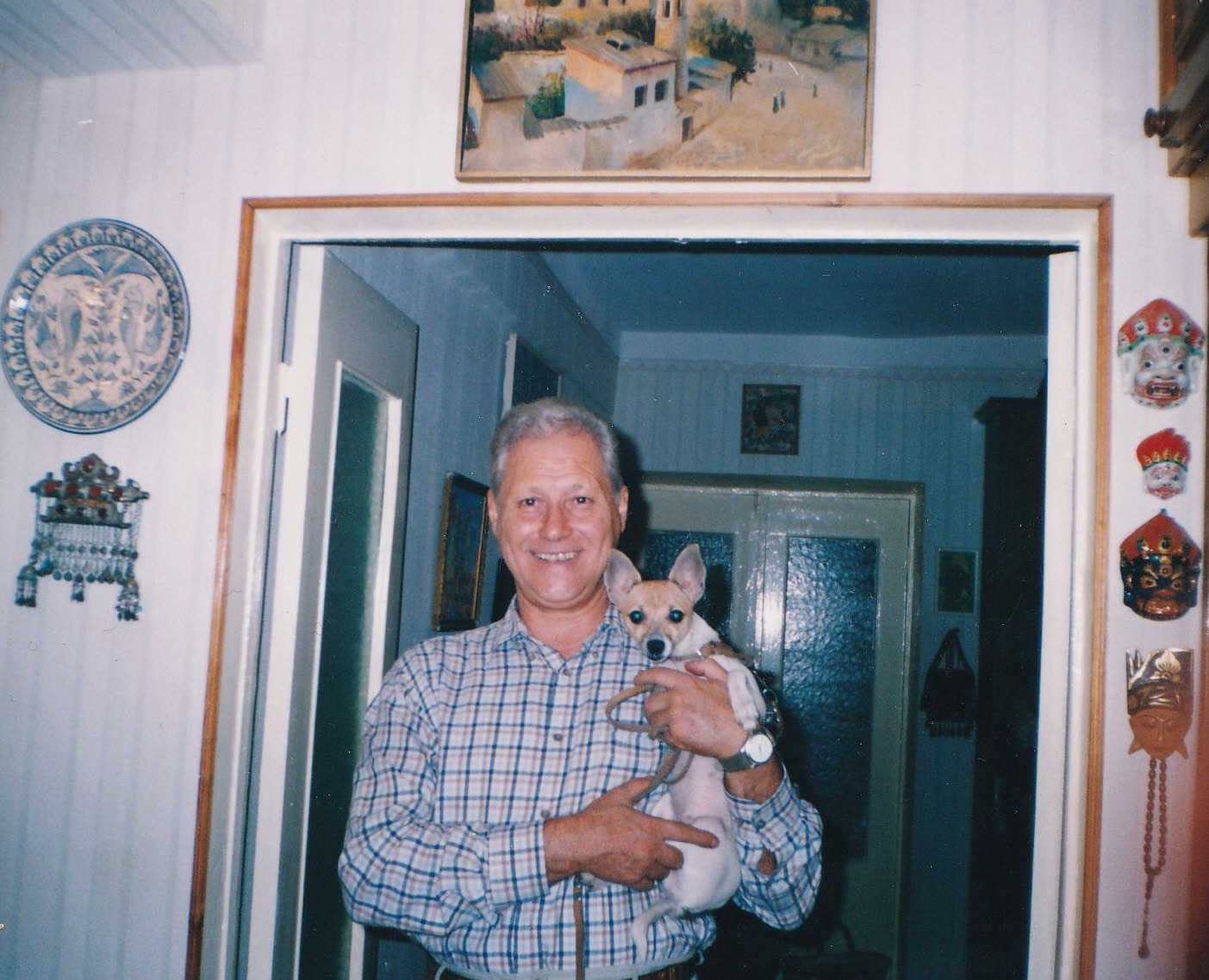
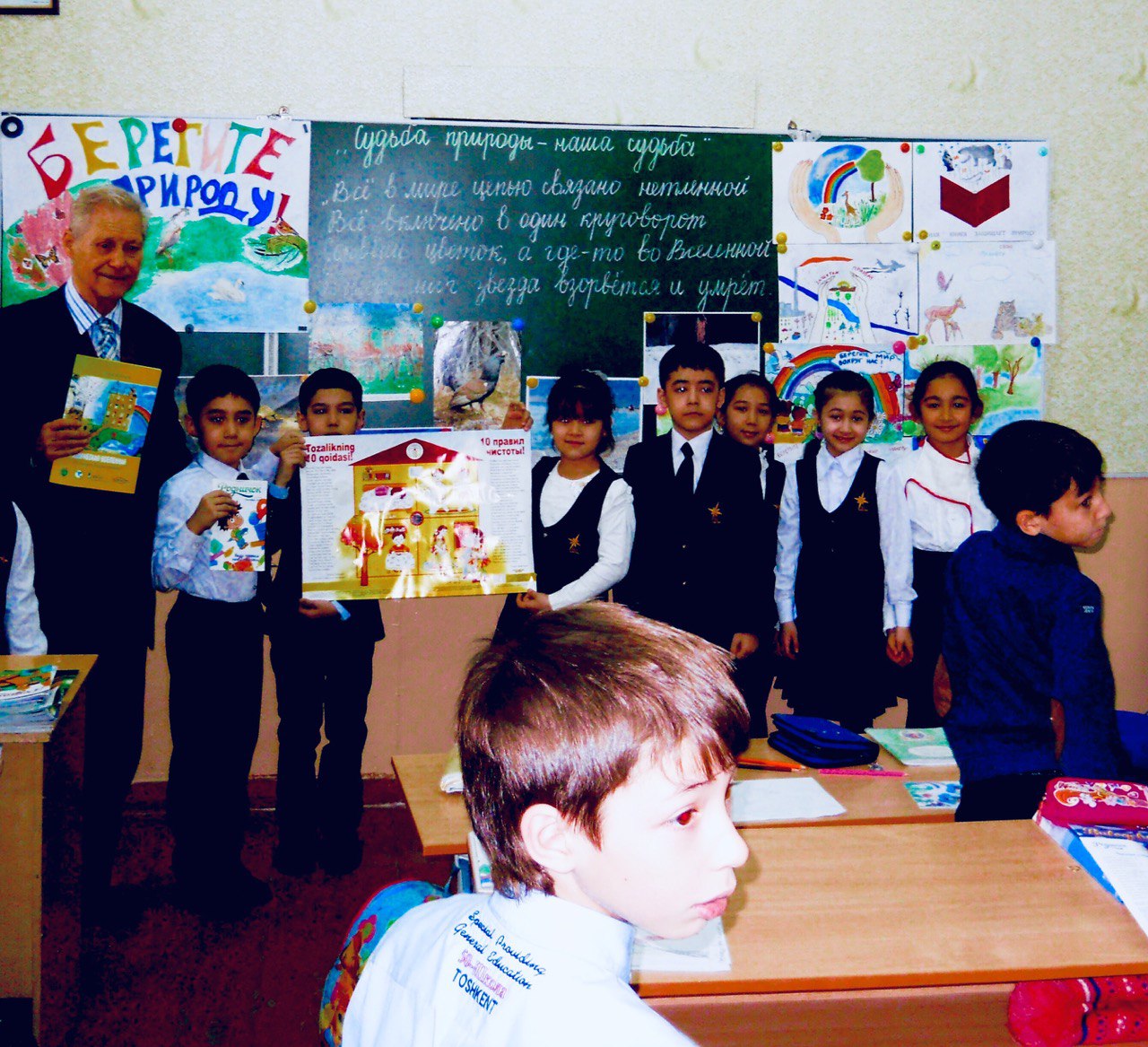
From 2021 onward, Raim Hakimovich served for several years as a mentor and promoter of literature and the arts at Tashkent School No. 50. He led sessions dedicated to the study of national and global cultural heritage, actively participating in the state program based on the Five Initiatives of the President of Uzbekistan Shavkat Mirziyoyev aimed at developing students' creative abilities and fostering their interest in fiction and popular science literature.
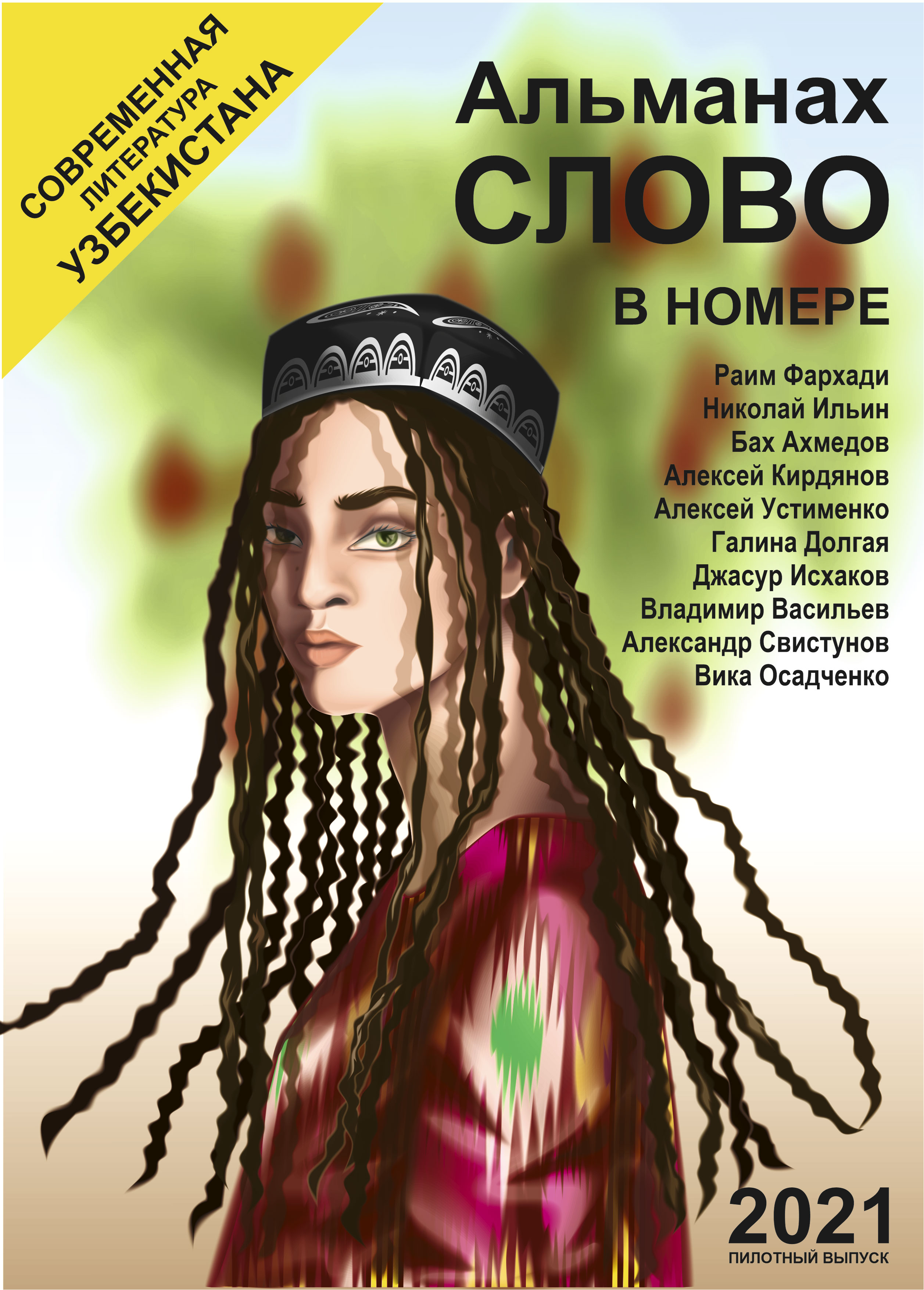
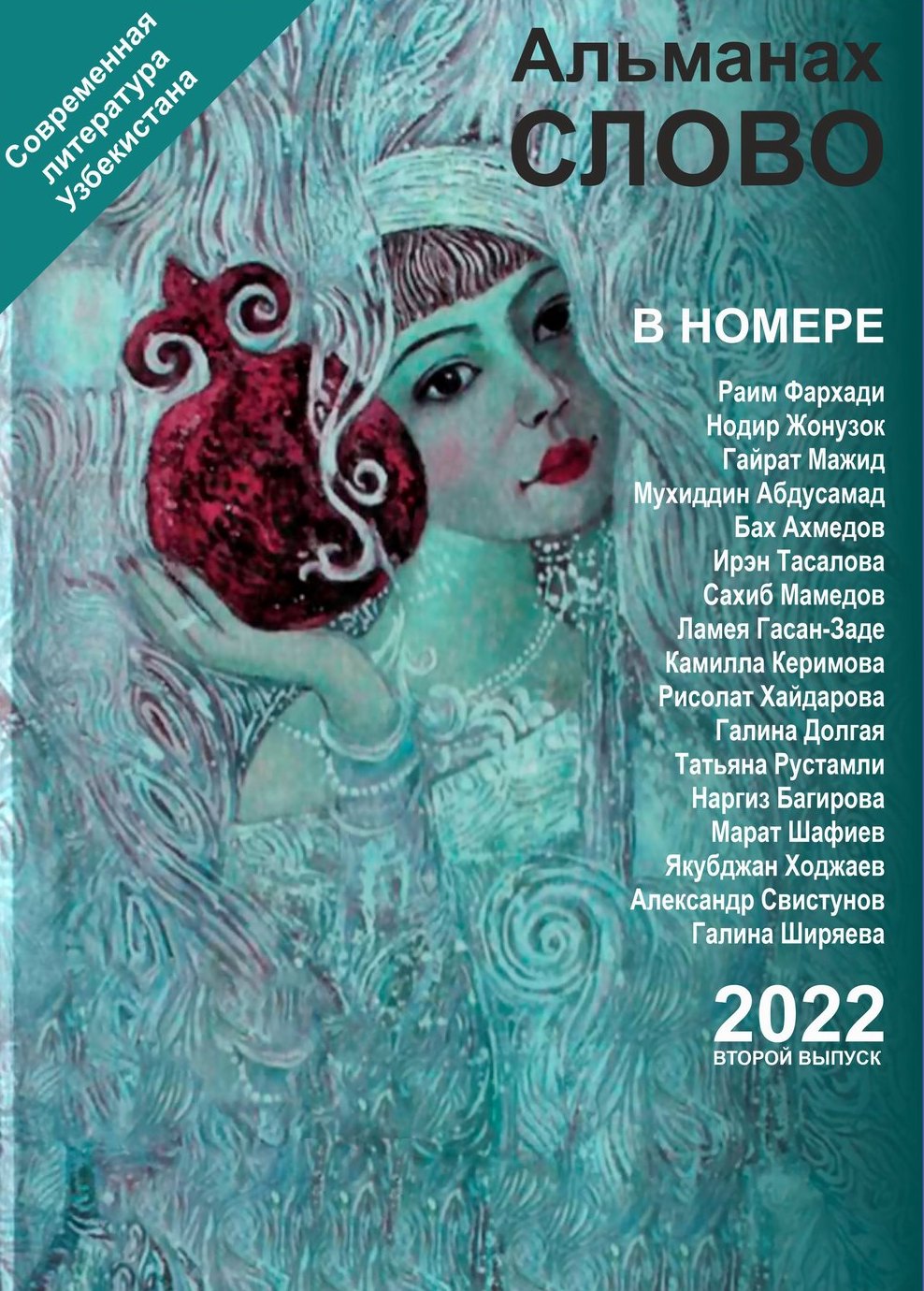
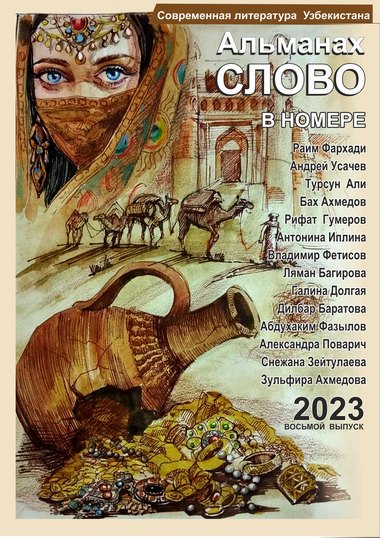
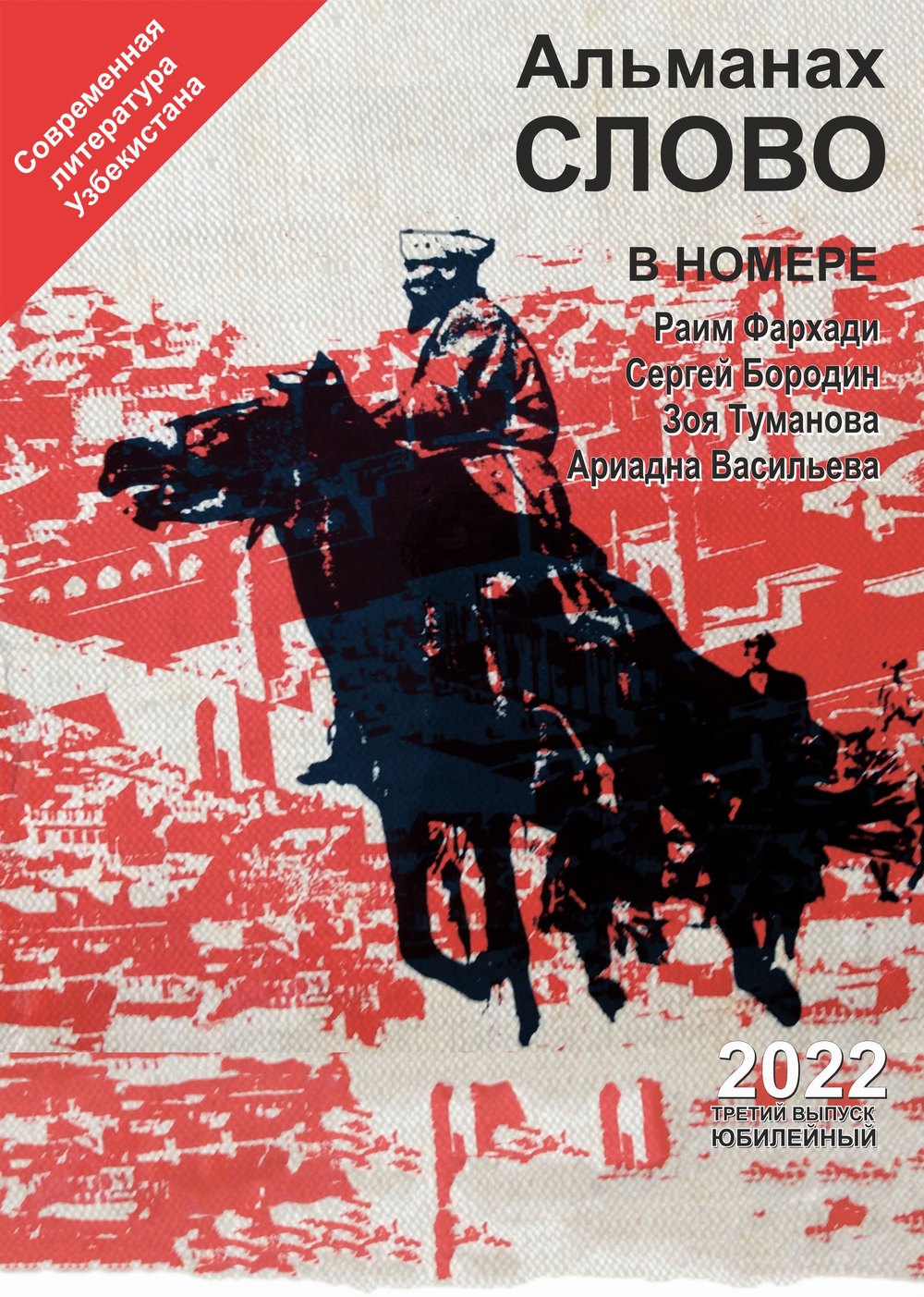
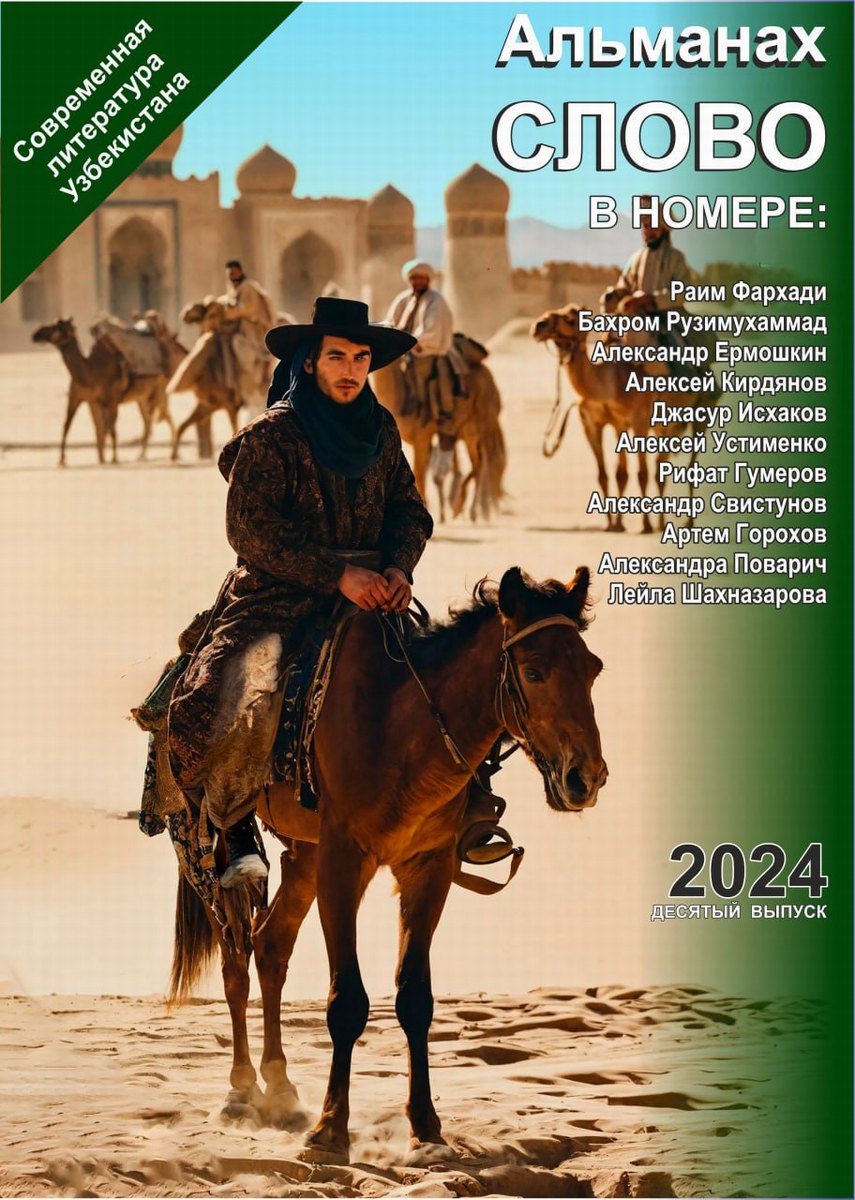
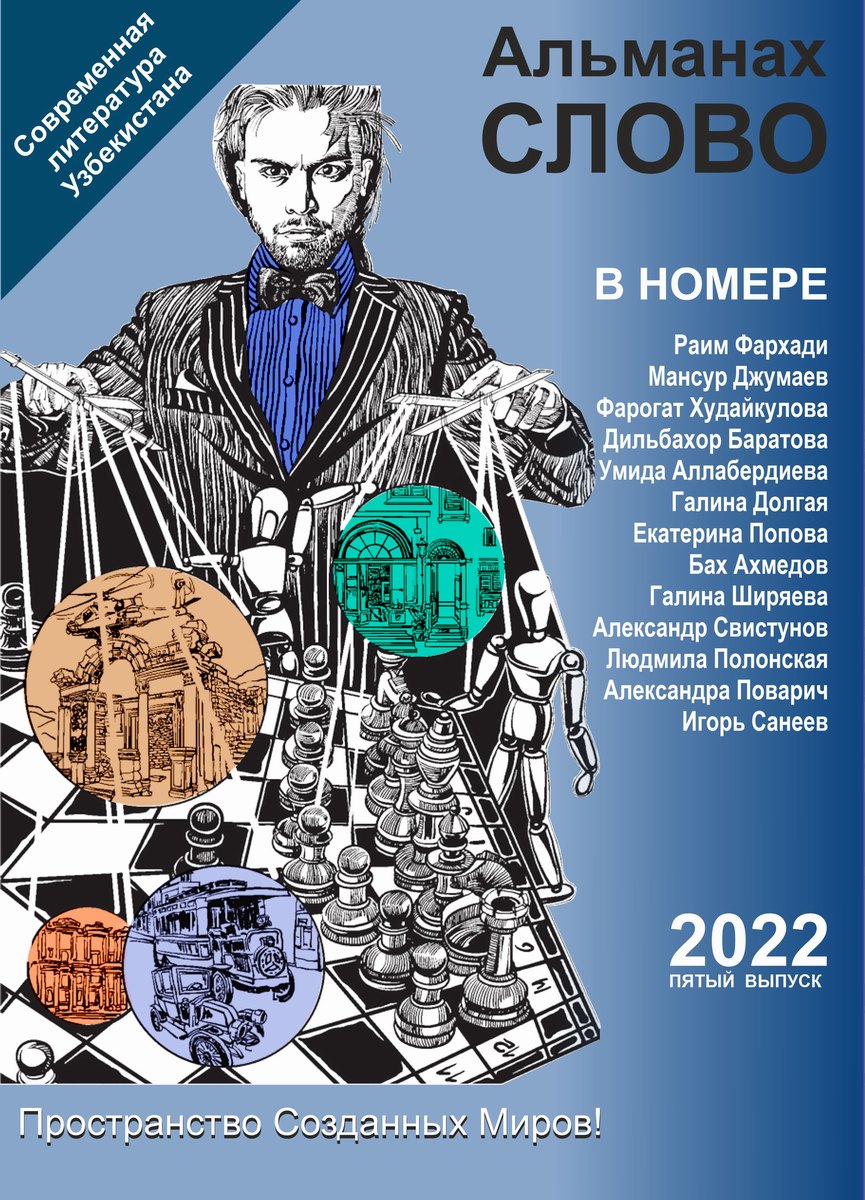
From 2021 to 2024, Raim Farkhadi served as Editor-in-Chief of Slovo (“The Word”) — an electronic literary journal published under the Writers’ Union of Uzbekistan. The publication became a meaningful platform where readers could discover the work of contemporary Russian-speaking authors living and creating in Uzbekistan.
In addition to his editorial work, he headed the Council for Russian Literature of the Writers’ Union of Uzbekistan, supporting the development of the literary community, intergenerational dialogue, and the living heritage of the country’s Russian-language culture.
Raim Khakimovich was a member of the Public Council of Zvezda Vostoka magazine.
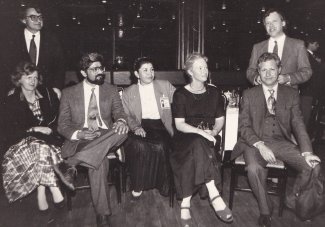
CREATIVE PROJECTS AND PUBLIC WORK
Throughout his life, Raim Farkhadi remained deeply committed to public education and the cultural development of society. He actively collaborated with a number of national and international organizations, including the United Nations, the International Ecosan Foundation, the Kamolot Foundation, the Academy of Arts of Uzbekistan, and the International Foundation Sog'lom Avlod Uchun (For a Healthy Generation), among others.
Through lectures, workshops, publications, and cultural initiatives, he supported the promotion of ecological awareness, artistic education, and reading culture. His work aimed to encourage curiosity, thoughtful engagement, and a deeper appreciation for literature, nature, and creativity among younger generations and the broader public.
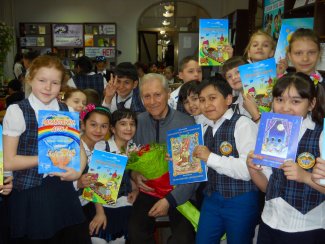
He was the author of a publishing project that created a unique children's book series in collaboration with the Ministry of Public Education, the Women’s Committee of the Republic of Uzbekistan, and the Bakhtli Kelajagimiz (“Happy Future”) Society.
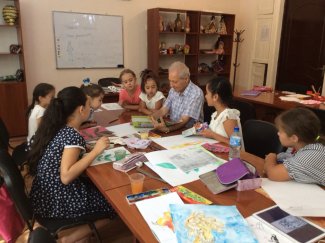
In the 2000s, over the course of many years, he led the EcoArt theatre studio and conducted master classes on ecological education through poetry and painting at the Tashkent Student Creativity Center. In collaboration with "EcoArt" and the "Young Artist" studio of the same center, he helped prepare a calendar-catalog based on the book "Facts in Protection of Life", as well as a number of publications promoting healthy lifestyles and books inspired by the folklore of the Uzbek people.
These initiatives were shared with students, educators, and families, contributing to the promotion of ecological awareness, cultural appreciation, and creative development among young people.
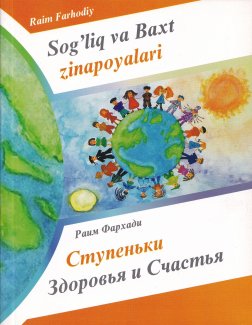
In 2004, Raim Hakimovich took part in a competition organized by UNICEF and the Children's Fund of the Republic of Uzbekistan. His book "Steps of Health and Happiness" was awarded first prize and selected for inclusion among the official publications marking the 60th anniversary of UNICEF.
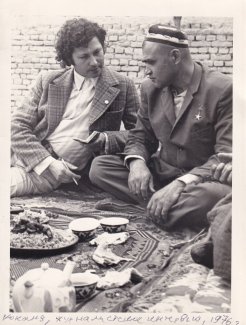
JOURNALISM
Since 1961, Raim Farkhadi was a regular contributor to both national and international media outlets. His writings addressed a wide spectrum of topics, from ecology and cultural heritage to the arts and the aesthetic education of children and youth. With deep insight and a humanistic approach, he used journalism as a platform to engage the public in thoughtful reflection and cultural awareness. Over the course of his career, he authored more than 1,000 articles.
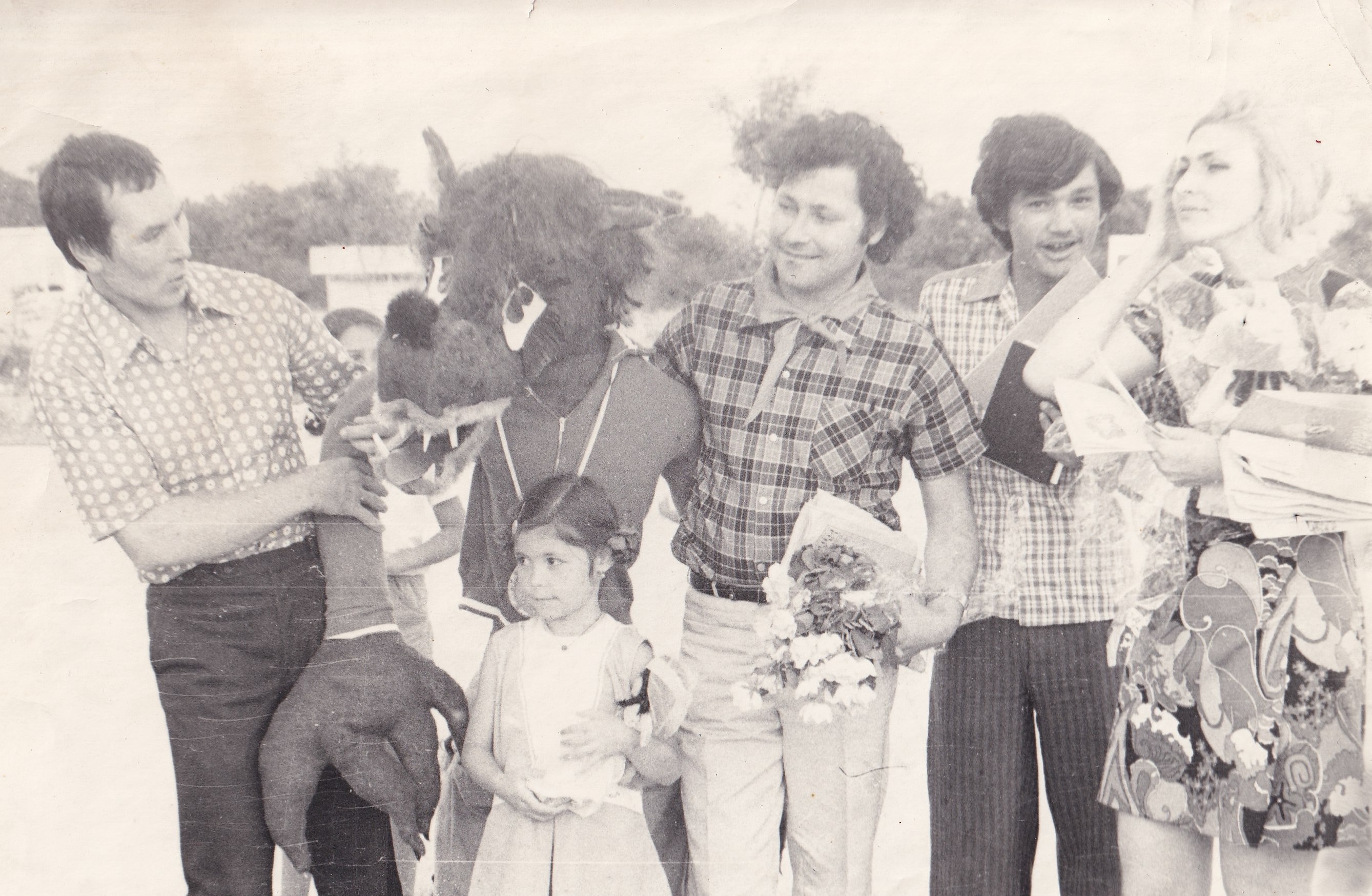
DRAMATURGY
Since the late 1970s, Raim Farkhadi was active as a playwright.
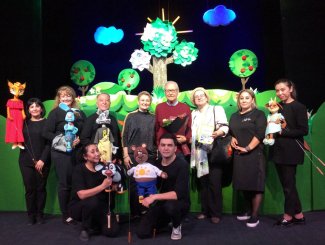
Stories of Wonder, Lessons of Wisdom
He wrote around twenty plays for children, many of which were staged in Tashkent, Samarkand, and Andijan, as well as in children's and puppet theatres across Central Asia and beyond Uzbekistan. Among them are The Little Bull with Sharp Horns, Who Stole the Moon?, The Sorcery of Aldzhuskhola, Gardener Alidjan. He also translated The Sunny Boy (from Bulgarian) and The Magical Lamb (by T. Hamid). These are stories where dreams come alive, good triumphs over evil, and deep wisdom is conveyed with a simplicity that resonates with both children and adults.
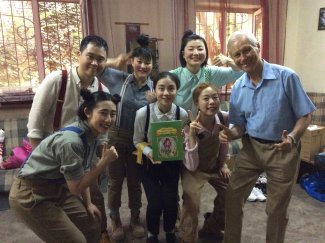
Stories for Screen and Celebrations
He was also the author of numerous scripts for national celebrations such as Navruz and Mustaqillik (Independence Day of Uzbekistan), as well as for animated films, including The Tale of the Magic Pomegranate (Uzbekfilm, 1982), Mother’s Riddles (Uzbekfilm, 1986), and the slide film The Wizard Ali (1983).
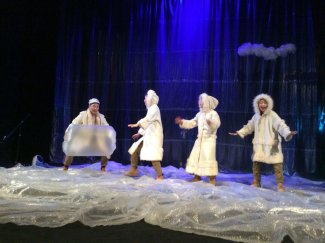
The Little Musician Goes Global
In July 2018, the premiere of the play The Little Musician (written by R. Farkhadi) took place at the State Youth Theater of Uzbekistan. The production was performed by a youth theatre group from South Korea, with support from the Embassy of South Korea, the Ministry of Culture, the Asia Culture Foundation, and the Asia Culture Center.
Following its debut in Tashkent, the performers from Seoul presented the play at the Edinburgh Theatre Festival.
The book The Little Musician was published in Korea in 2017 in three languages: Russian, English, and Korean.
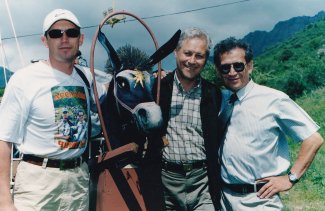
SONGWRITING
Raim Khakimovich was frequently invited to serve as a jury member at various music competitions and singer-songwriter festivals.
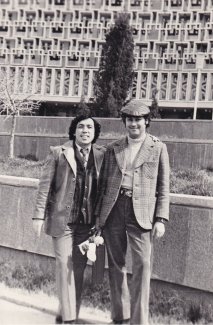
Songs based on Raim Farkhadi’s poetry were performed by well-known groups such as Yalla, Akvareli, and Sabo, as well as by popular Uzbek pop artists including N. Nurmukhamedova, Yu. Musheev, A. Petrosova, various children’s ensembles such as Guncha, Pakhtaoy, and others.
His lyrics were set to music by a wide range of composers, including O. Feltsman, V. Dobrynin, F. Yanov-Yanovsky, A. Berlin, A. Muratov, E. Salikhov, D. Saidaminova, S. Varelas, E. Schwartz, V. Saparov, E. Kalandarov, G. Pushen, A. Alexandrova, and others. A warm creative friendship with I. Kokhanovsky and O. Feltsman led to their collaboration on the song ‘You, Mama’, performed by Anna German in 1974.
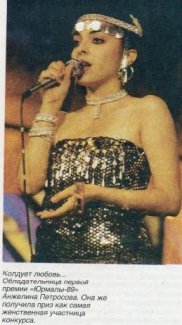
In 1984, Raim Farkhadi collaborated with composer Valery Saparov to create the rock oratorio Voices of the Centuries. In 1985, the piece was performed by the vocal-instrumental ensemble “Sabo” at an All-Union competition in Moscow, where it was noted by both the jury and the audience. The libretto, written by Farkhadi, stood out for its powerful imagery and contemporary resonance.
Among his musical works for children, two cantatas created in collaboration with composers A. Berlin and B. Giyenko were recognized at a national competition.
In 1985, Raim Farkhadi’s original song collection We Are the Youth of the Planet was published, with Valery Saparov as compiler. The collection was dedicated to the XII World Festival of Youth and Students, held that year in Moscow.
"In 1989, at the prestigious Yurmala Festival, Anjelina Petrosova was awarded First Prize for performing Raim Farkhadi’s songs “Kolduet lyubov” and “Ozornaya devchonka,” created in collaboration with composer Grigory Pushen. The songs were recognized for their poetic lyrics, vivid musical style, and strong stage presence."
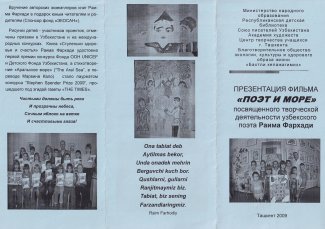
DOCUMENTARY FILM
In 2008, Danish filmmakers Tobias Stern Johansen and Katrine Stern Johansen produced a documentary titled The Poet & the Sea, dedicated to Raim Farkhadi — the first poet to address the tragedy of the Aral Sea in his literary work (December 1967).
His poetic vision captured the silent disappearance of the sea with haunting simplicity:
The Aral Sea is leaving
On tiptoe. The sea grows shallow...
This early environmental reflection became a lasting symbol of ecological loss and poetic conscience.
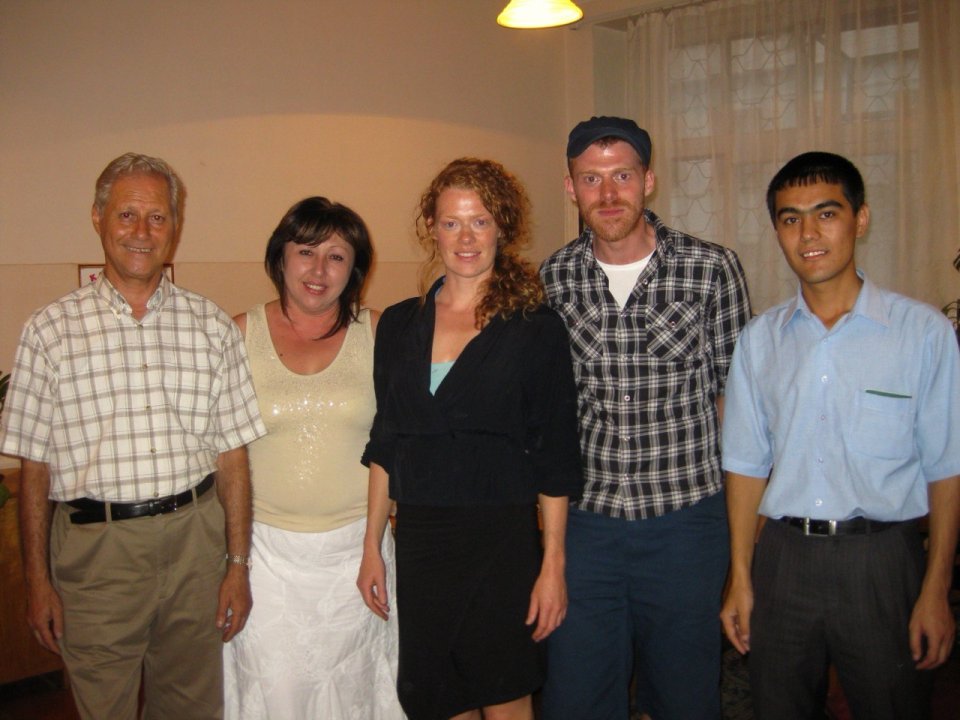
His poetic vision captured the silent disappearance of the sea with poignant simplicity:
The Aral sea is leaving—
On tiptoe. The sea grows shallow.
Along the shore, like a little steamboat,
In the morning, your dress glows white.
Tomorrow, the hot wind will come.
The sea element sighs,
Pebble by pebble, centimeter by centimeter,
Exposing the foot of the cliff.
The monitor lizard darkens on the dune—
From now on, he is free here.
He hisses and spreads his breath
Across the desert, asleep from the heat.
The ledges are sharp and sloping.
The salty grasses have wilted.
A gnawing sense of loss—
And strangely, we’ve grown used to it.
Perhaps we too have grown shallower,
Joking, smiling, as before,
We looked—and failed to notice
The loss of our coasts.
My dear, where are the bird colonies?
Where is the abundance of your seagulls?
Screaming, the gulls flew away,
But we remained indifferent.
And the waves on the muddy shallows
Stretched out as if with arms—
And then receded, unable
To rise above the shores.
Only salt will glitter on the lashes,
A sad little grain in the gaze…
To embrace in haste.
To say goodbye.
The Aral Sea is leaving.
December 1967
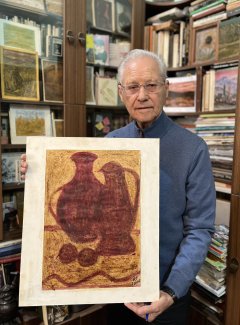
ECOGRAPHICS
Another facet of Raim Farkhadi’s creative legacy was the development of his own distinctive artistic style — ecographics. In his work, he used pigments made from plants, flowers, grains, seeds, and herbs that he personally gathered, often using them in place of traditional paints. Some pieces were created entirely from these natural materials, while others combined conventional artistic media, adding expressive depth and nuance to his compositions.
This unique approach reflected his deep connection with the natural world and his desire to preserve its fleeting beauty. Ecographics blended poetry, painting, and ecological awareness, transforming elements of nature into evocative works of visual art.
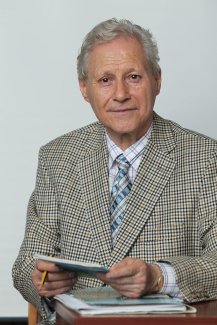
MEMBERSHIP IN CREATIVE ORGANIZATIONS
He was a member of the Alliance of Governmental and Non-Governmental Organizations, served as Chairman of the Association of Environmental Journalists under the international organization ECOSAN, and also led the Association of Author Song Clubs of Uzbekistan.
For over 55 years, Raim Farkhadi was a member of the Writers' Union, the Union of Artists under the Academy of Arts, and the Theatre Society of Uzbekistan.
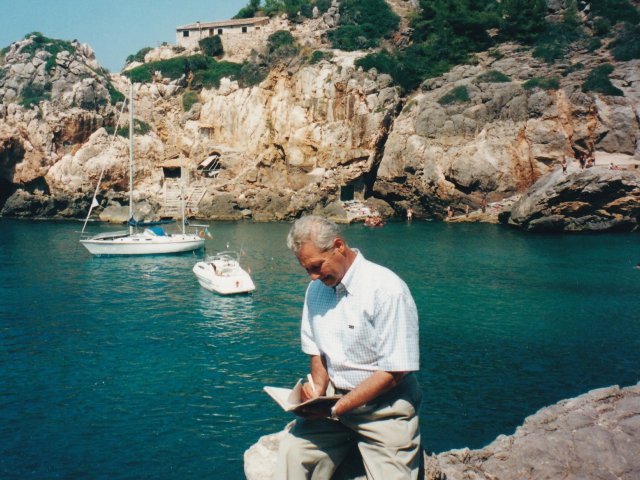
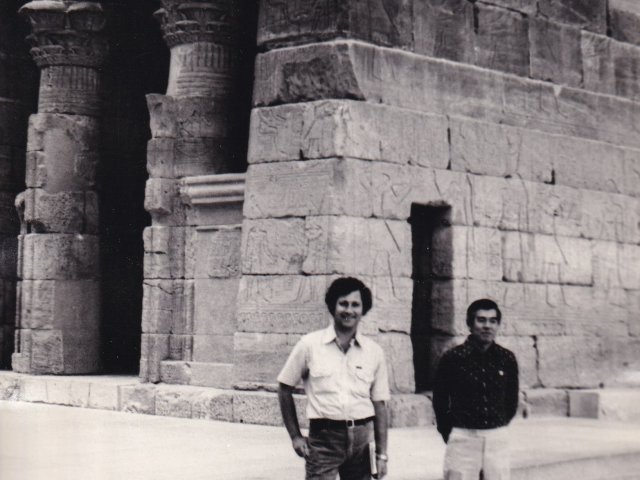
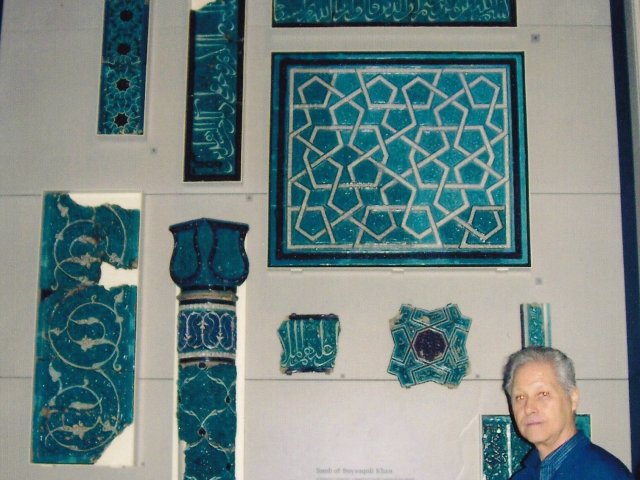
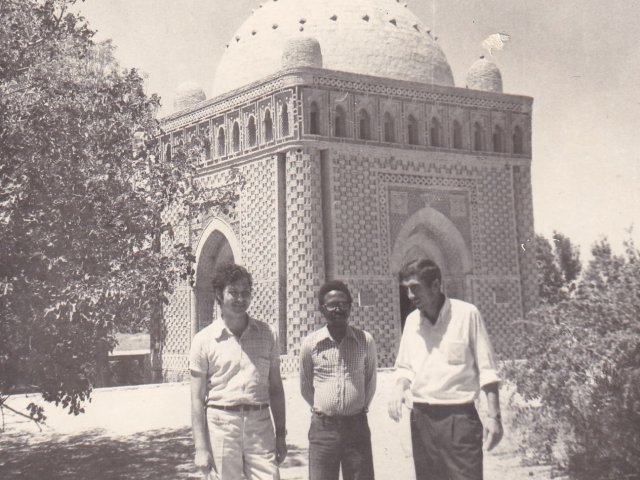
TRAVELS & CULTURAL EXCHANGES
Throughout his life, Raim Farkhadi traveled extensively — both across the former Soviet Union and abroad — visiting a wide range of countries. His deep interest in the cultures and traditions of different peoples led to meaningful encounters with individuals from diverse backgrounds. Upon returning home, he eagerly shared his impressions and discoveries with those around him.
Many of his journeys took place as part of cultural delegations attending festivals, forums, and other significant events, where he represented his country and contributed to the exchange of cultural values.
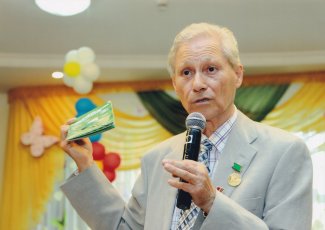
AWARDS & HONORS
Raim Khakimovich Farkhadi received numerous awards and distinctions in the fields of literature, journalism, dramaturgy, and environmental education:
- In 1976, he was awarded the Lenin Komsomol Prize of Uzbekistan.
- Received the title Excellence in Public Education of Uzbekistan (1980).
- Winner of the "Tashkent Lyre" competition (1983).
- Named Honored Cultural Worker of Uzbekistan (1989).
- At the Yurmala-89 song contest, he won First Prize for the songs "Kolduet lyubov" and "Ozornaya devochka" (lyrics by R. Farkhadi, music and arrangement by Grigory Pushen).
- Winner of the First Prize in Journalism from the International Foundation for Ecology and Health “Ecosan” (1996).
- Awarded the Dustlik Order (1999).
- Received the Gold Medal of the Academy of Arts (1998).
- Honored with the Mustaqillik (Independence) Badge of Honor in both 1991 and 2001.
- His children’s play Rustik the Inventor received a diploma at a school theater festival in Bishkek.
- His book Steps to Health and Happiness won First Prize in a competition organized by UNICEF and the Children’s Fund of Uzbekistan (2005).
- The poem The Aral Sea by Raim Farhadi, translated by Marwin Kalo, was commended at the Times Stephen Spender Prize competition in London for poetry in translation (2009).
- Recipient of the Community Treasure Award from the Dr. Joseph Shainsky Foundation (2021).
- Named Children’s Poet of the Year for his book The Elephant-Bus (2022).
- Hans Christian Andersen Award Candidate Certificate (2022, awarded in 2024).
Over the years, he was also awarded numerous diplomas and certificates for his active work with youth and his contribution to the cultural life of the country.
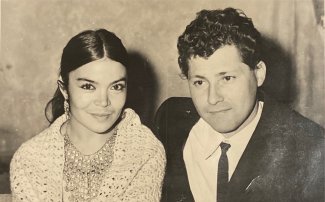
FAMILY
In early 1968, Raim Farkhadi married Saida — a PhD in Philology, an orientalist, and the daughter of renowned Russian writer Sergey Borodin. Together, they became parents of two daughters and later the grandparents of several grandchildren.
Raim Farkhadi fondly recalled his first meeting with Saida:
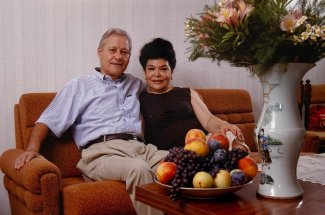
“Each of the eight days of March is unique. I remember, in my youth, walking along a wide city avenue with a bouquet of daffodils... when suddenly, on the steps of an administrative building, I saw a charming young woman. Her face seemed familiar. Of course! Those were the very eyes I had just seen on the cinema screen. And now they were right in front of me.
‘Hello! Is it really you?’ I blurted out. She smiled and nodded.
‘May I wish you a happy Spring holiday? You are its embodiment. These flowers are for you.’
That’s how we met. Less than a month later, we were married.”
LEGACY
Raim Farkhadi passed away on April 4, 2024. He was laid to rest at the Minor Cemetery in Tashkent.
Raim Farkhadi was a remarkable figure whose unique combination of talent, intellect, and social responsibility made him a prominent voice in Uzbek culture. His mastery of language and his sensitive perception of the world gave his works lasting relevance across generations, leaving a deep imprint on the hearts of his readers.
He not only enriched Uzbekistan’s cultural landscape but also became a symbol of dignity and humanity. His legacy continues to inspire both present and future generations, encouraging them to strive for self-development and creative purpose. Through his work, Farkhadi captured the richness of Uzbek culture and built bridges between hearts — emphasizing the enduring power of literature as a force for positive change in society.
